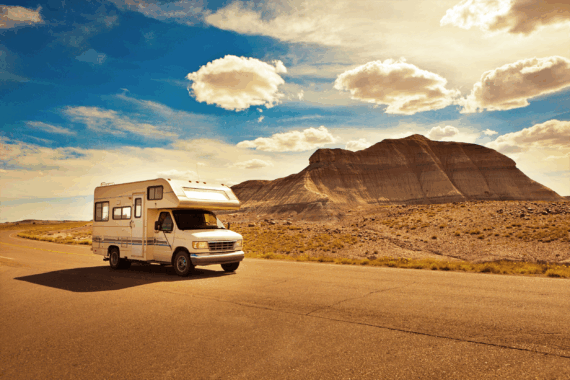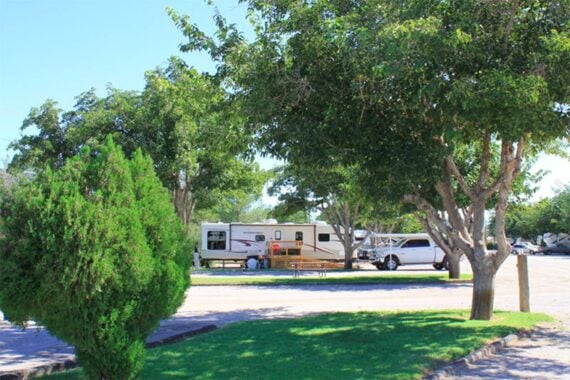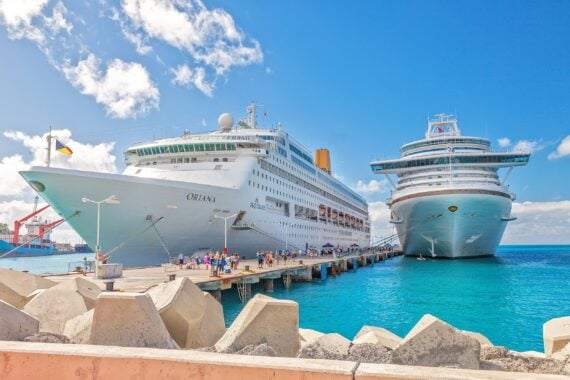Related: Is Buying an RV Through Costco Worth It?
Know Your Options
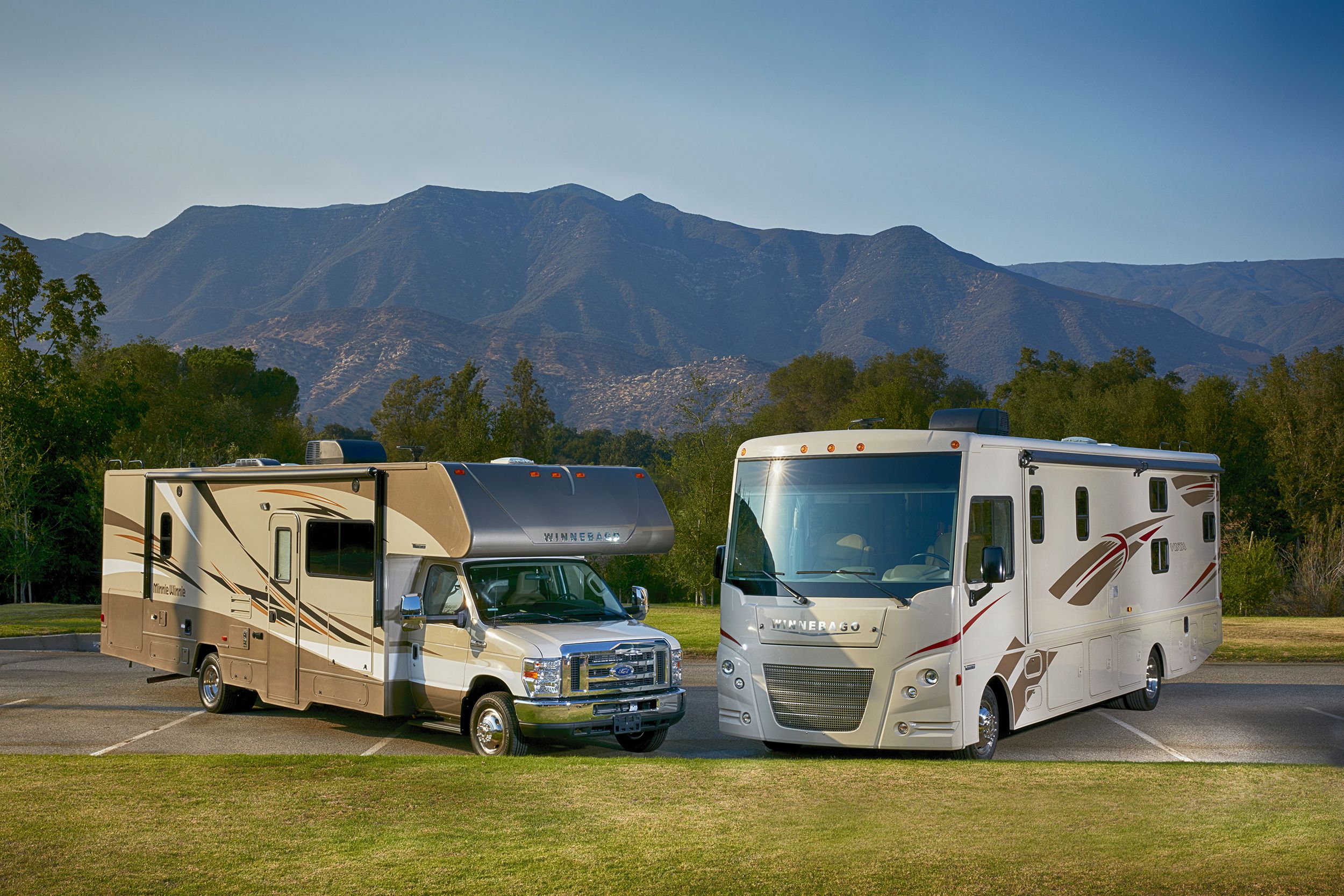
There are so many RV options that are such big commitments that confusion can be a buyer’s greatest enemy. RVs can generally be broken into two categories: motorhomes and campers/trailers. That’s a broad generalization, so below we have a basic rundown of each of the primary options within those two umbrella categories. You, of course, will have to expand on this guide by doing your own research.
For more great RV articles, lifestyle stories, and money-saving tips, please sign up for Cheapism’s free newsletters.
Motorhomes
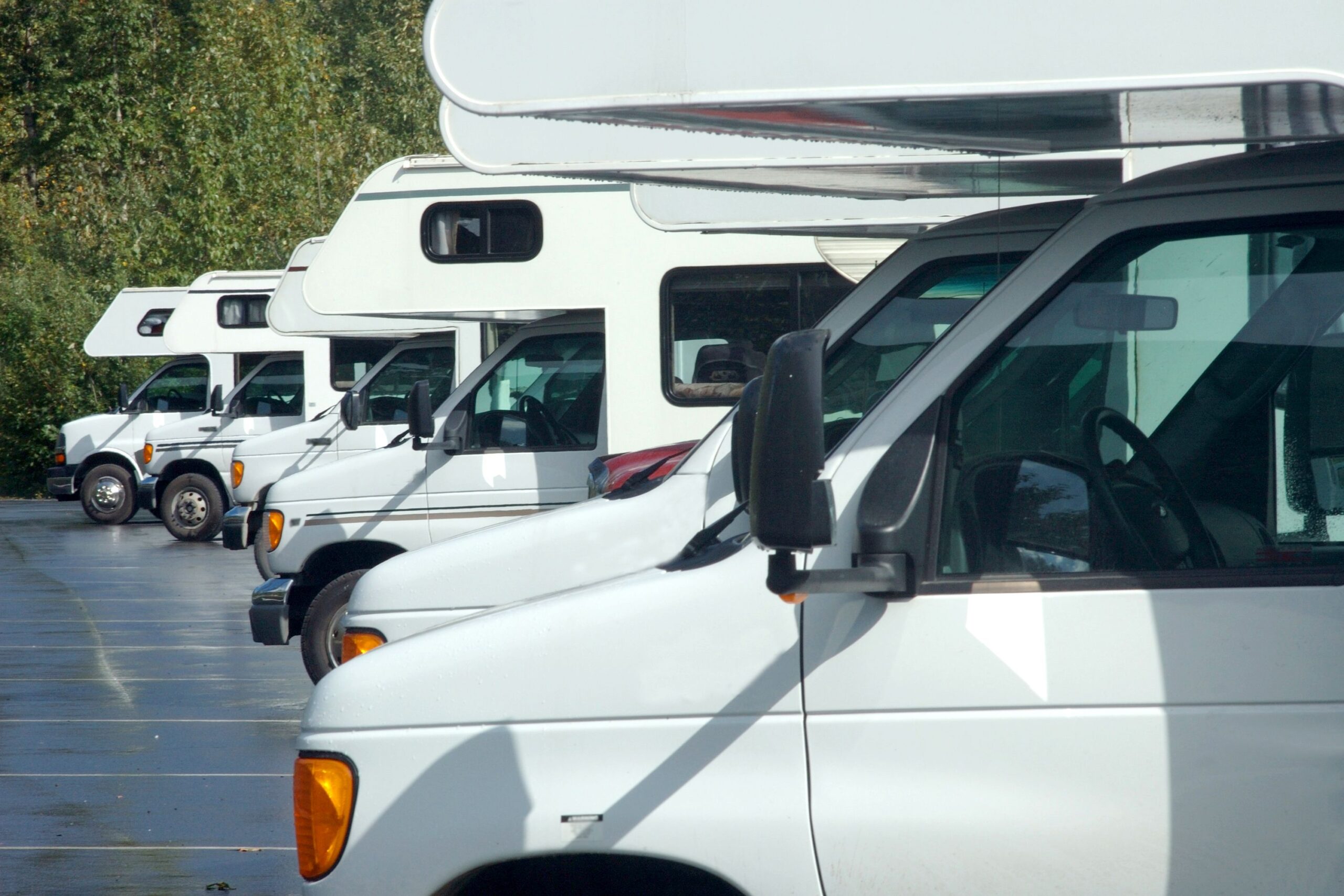
Motorhomes are distinguished by being self-propelled — they are motor vehicles outfitted with living space. Depending on the class, that living space could range from fairly spartan to ultra-luxurious.
Class A
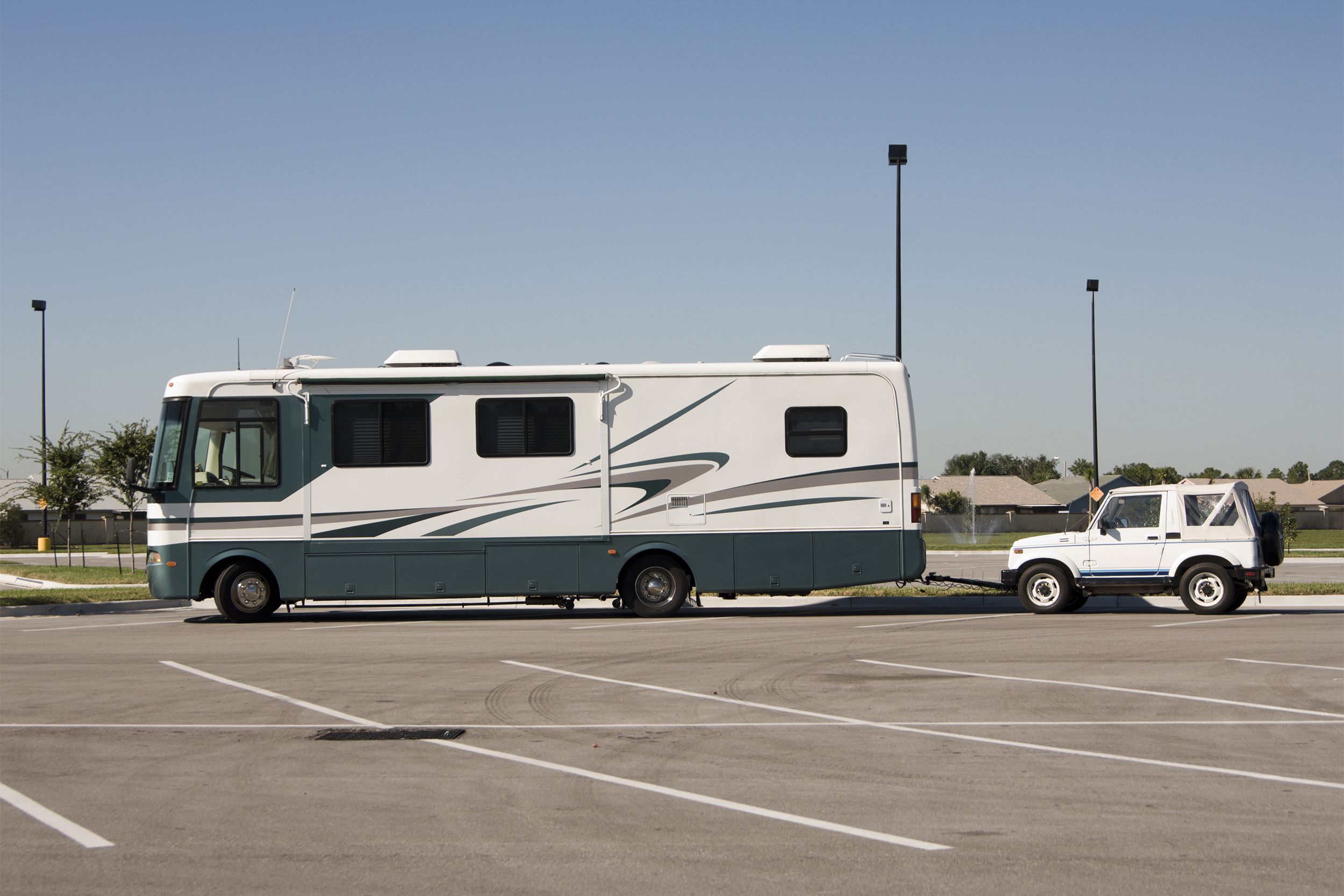
Available in either gas or diesel, Class A motorhomes are the biggest, swankiest, most feature-packed RVs on the road. At a glance, they look like giant bus-shaped rectangles on wheels and can range in length from about 21 feet to 41 feet or more.
Class C
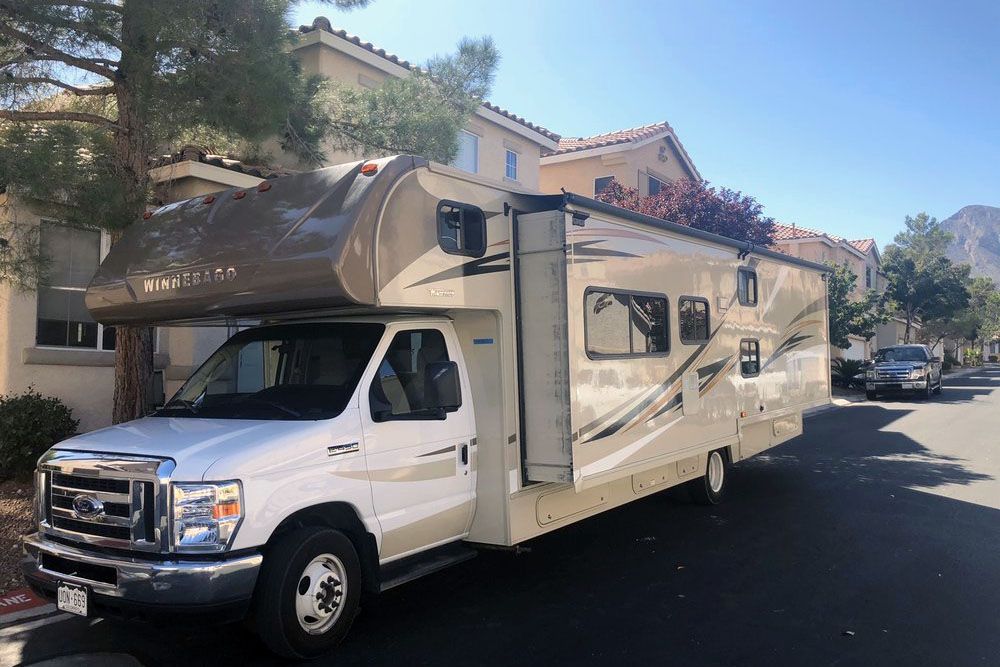
Related: Boondocking and Other RV Terms You’ll Need to Know
Class B
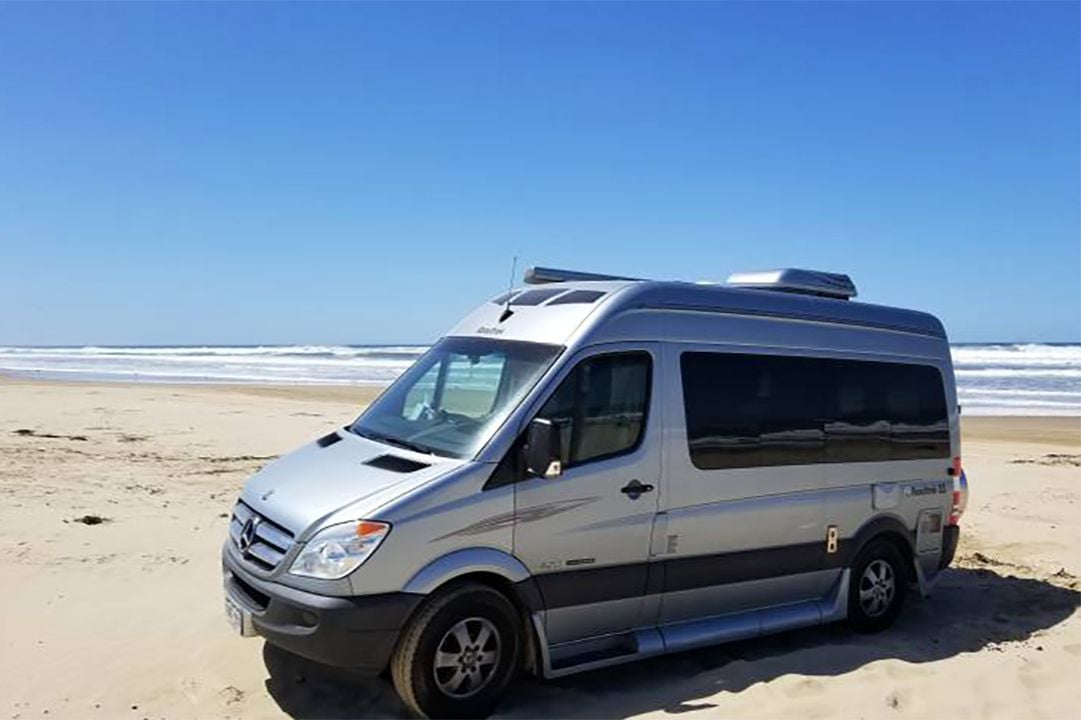
Related: Coolest Off-Road Camper Vans
Trending on Cheapism
Campers/Trailers
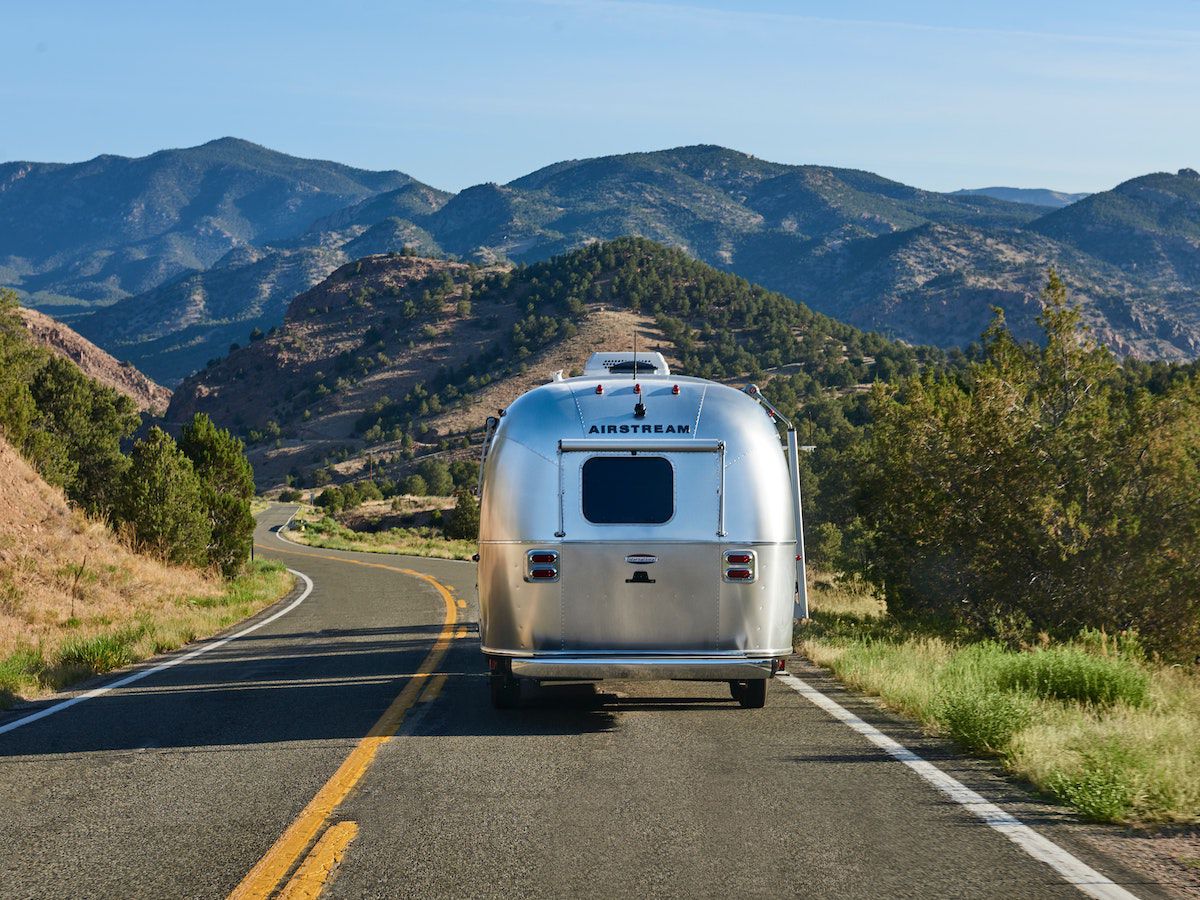
Related: 14 Airstreams That Made the Silver Bullet So Iconic
Toy Haulers
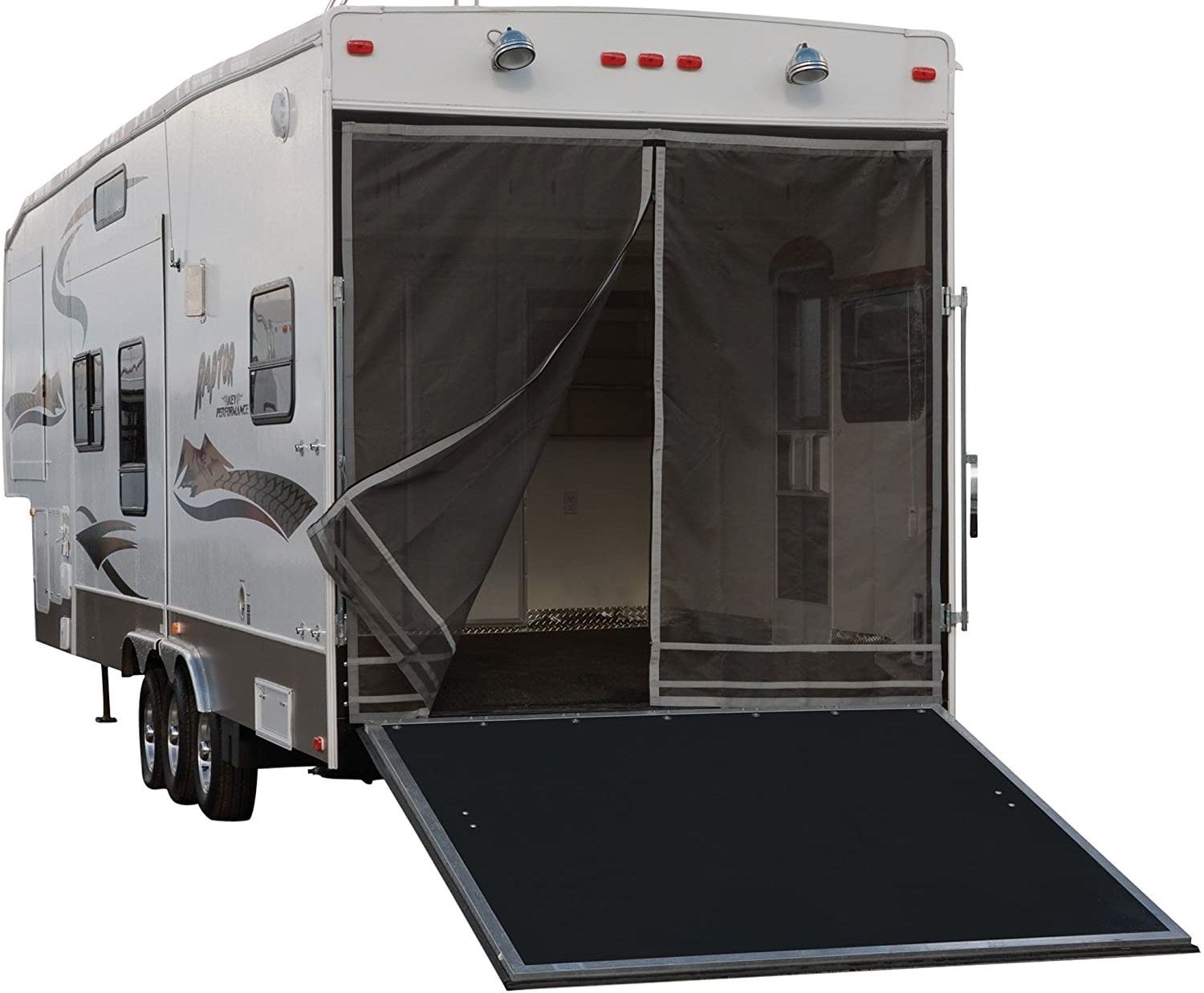
These big, boxy trailers resemble the bodies of motorhomes. They’re equipped with not only living space, but also large cargo areas for “toys” associated with active RVing, such as ATVs, dirt bikes, kayaks, and personal watercraft.
Fifth-Wheel Campers
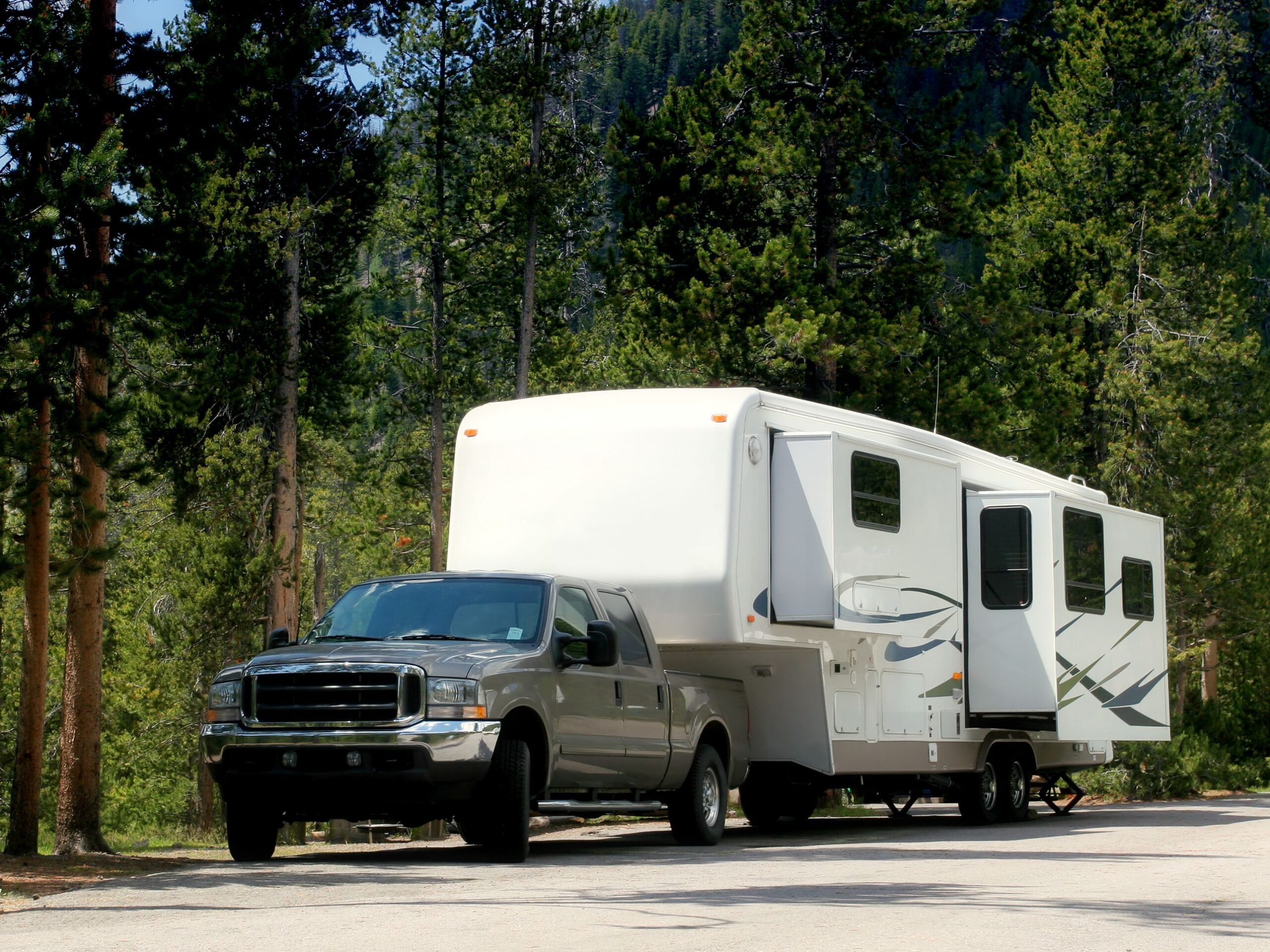
Sign up for our newsletter
Travel Trailers
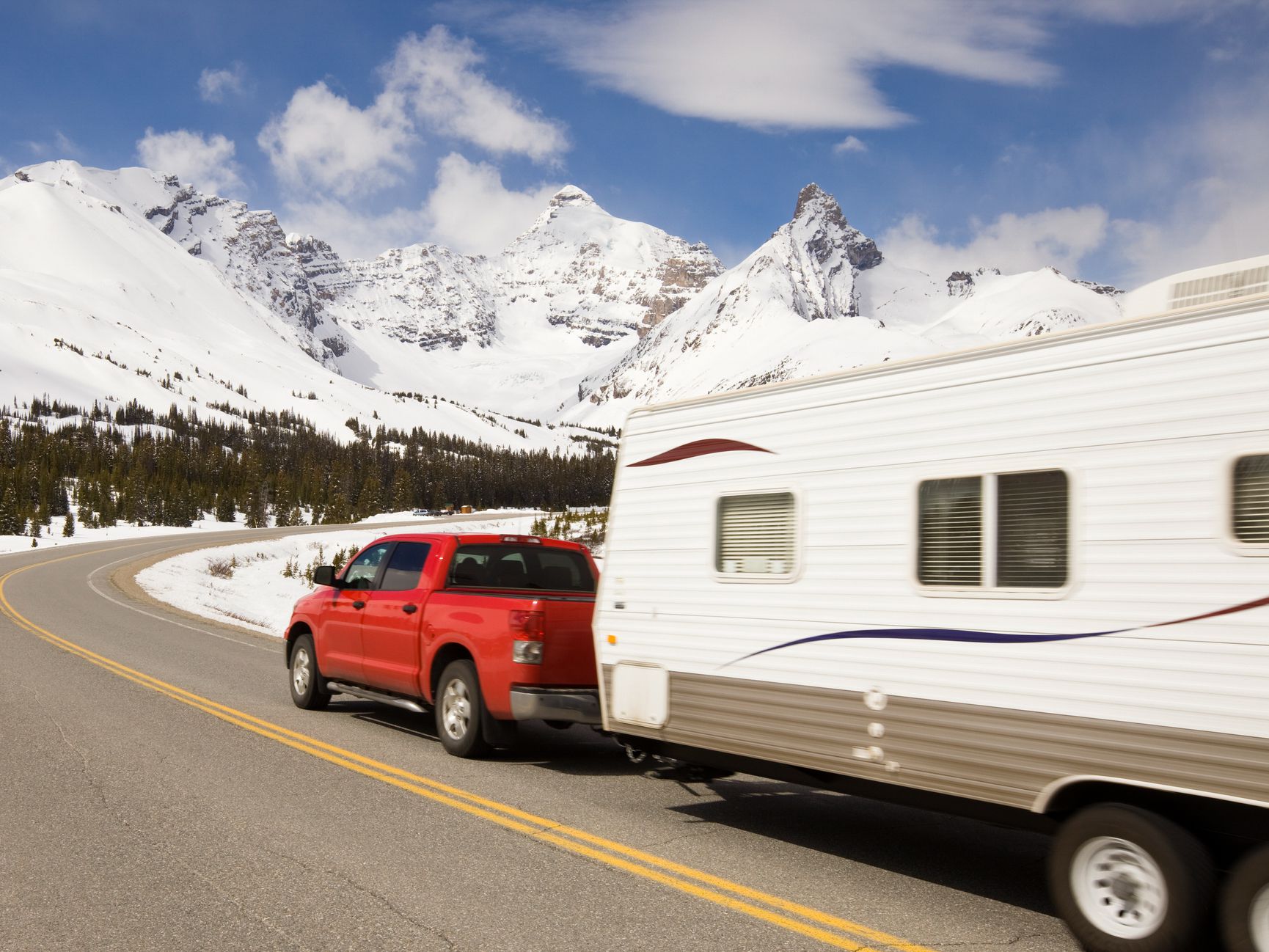
These smaller but still roomy campers attach to the vehicles that pull them via standard bumper hitches. Their versatility and accessibility makes them among the most popular RVs on the road. They are the ultimate compromise RVs in terms of function, comfort, utility, and cost.
Teardrop Campers
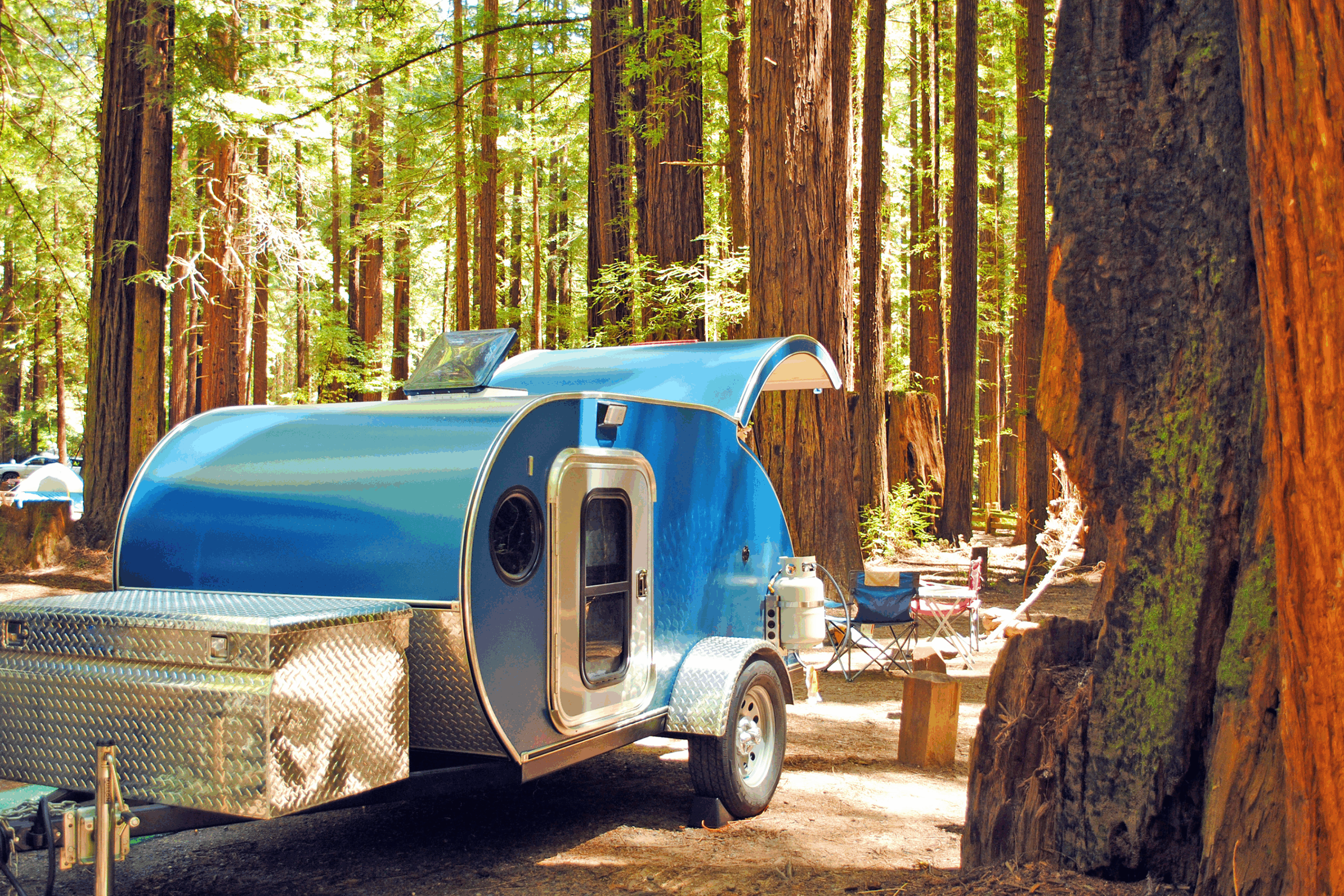
Related: Gorgeous Teardrop Trailers and Tiny RVs That Will Make You Want to Hit the Open Road
Pop-Up Campers
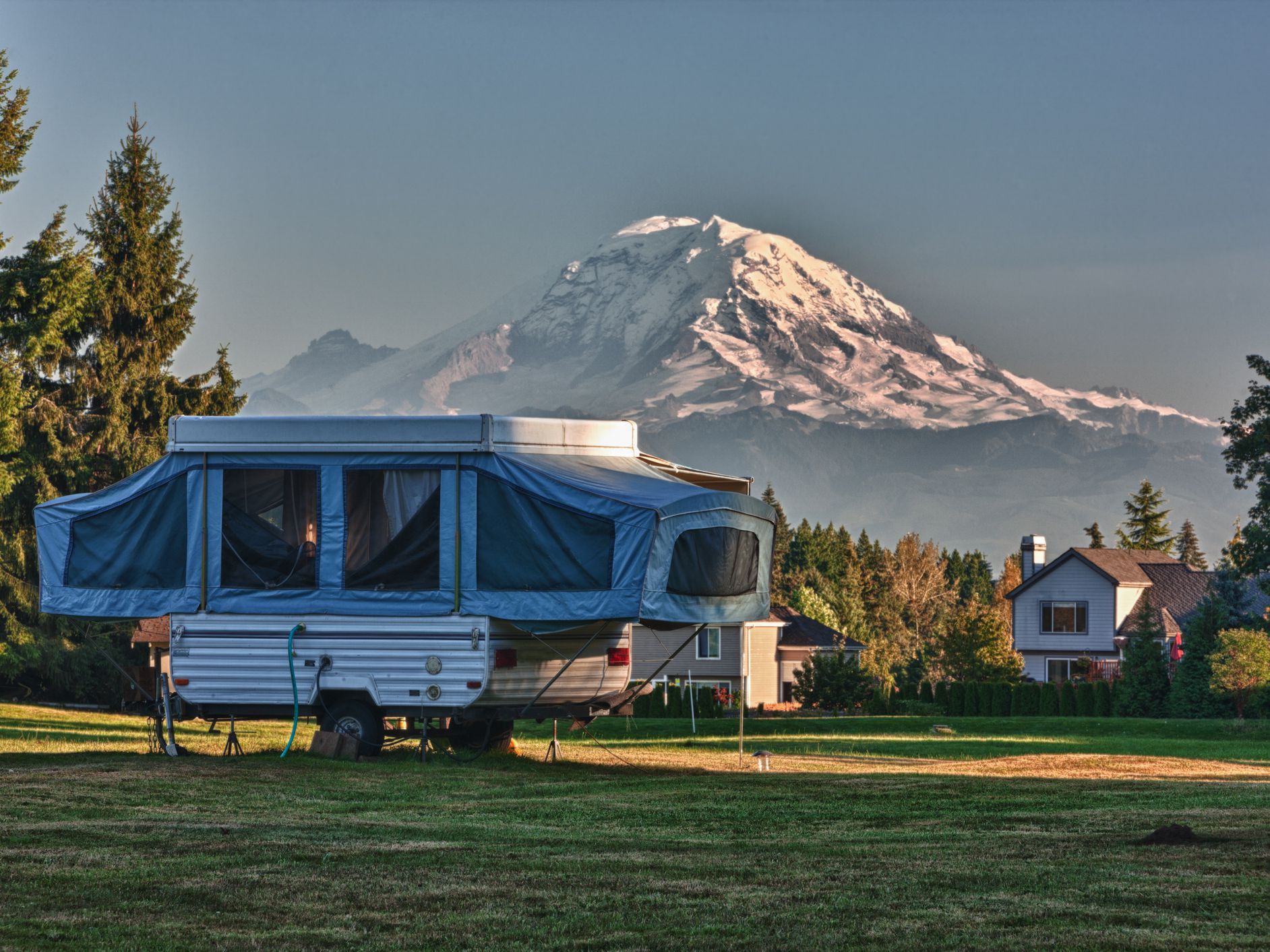
Related: Affordable Camper Alternatives for Escaping the Crowds
Considerations: The Big Three

Trying to narrow the options down to the exact RV that’s right for you can be a daunting and overwhelming task. You can clear the clutter by concentrating on the primary factors that will help make a decision for you. “Financially speaking, there are three main considerations to look at when comparing an RV/motorhome and a camper/trailer,” says Tory Jon, owner of Camper FAQs. “How often will you use it, do you already have a vehicle that will tow a trailer, and costs, both upfront and running costs.”
Try before you buy — consider rental options at sites such as RVshare.
Motorhomes Are Generally Much More Expensive to Buy
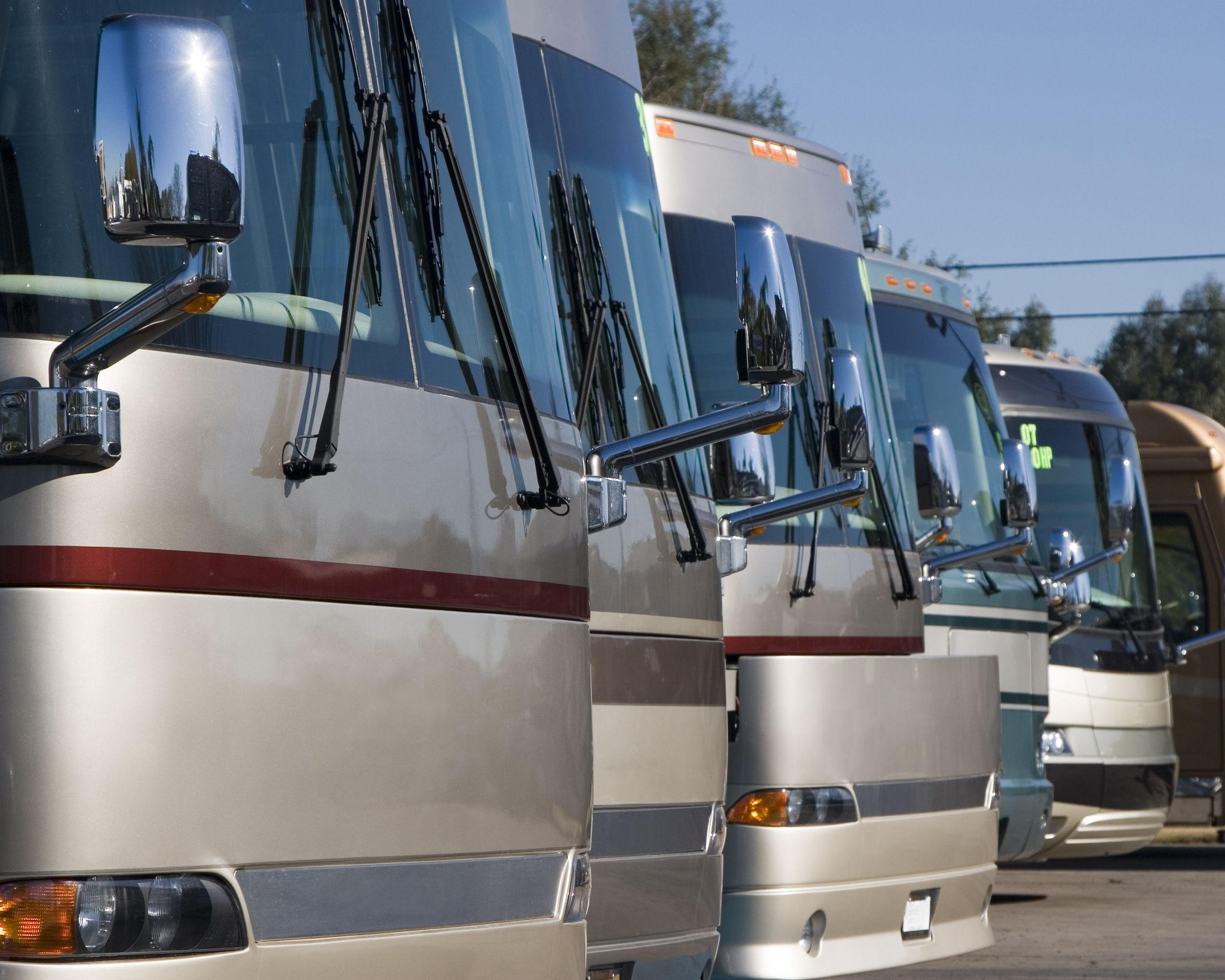
Motorhomes Are Also More Expensive to Own
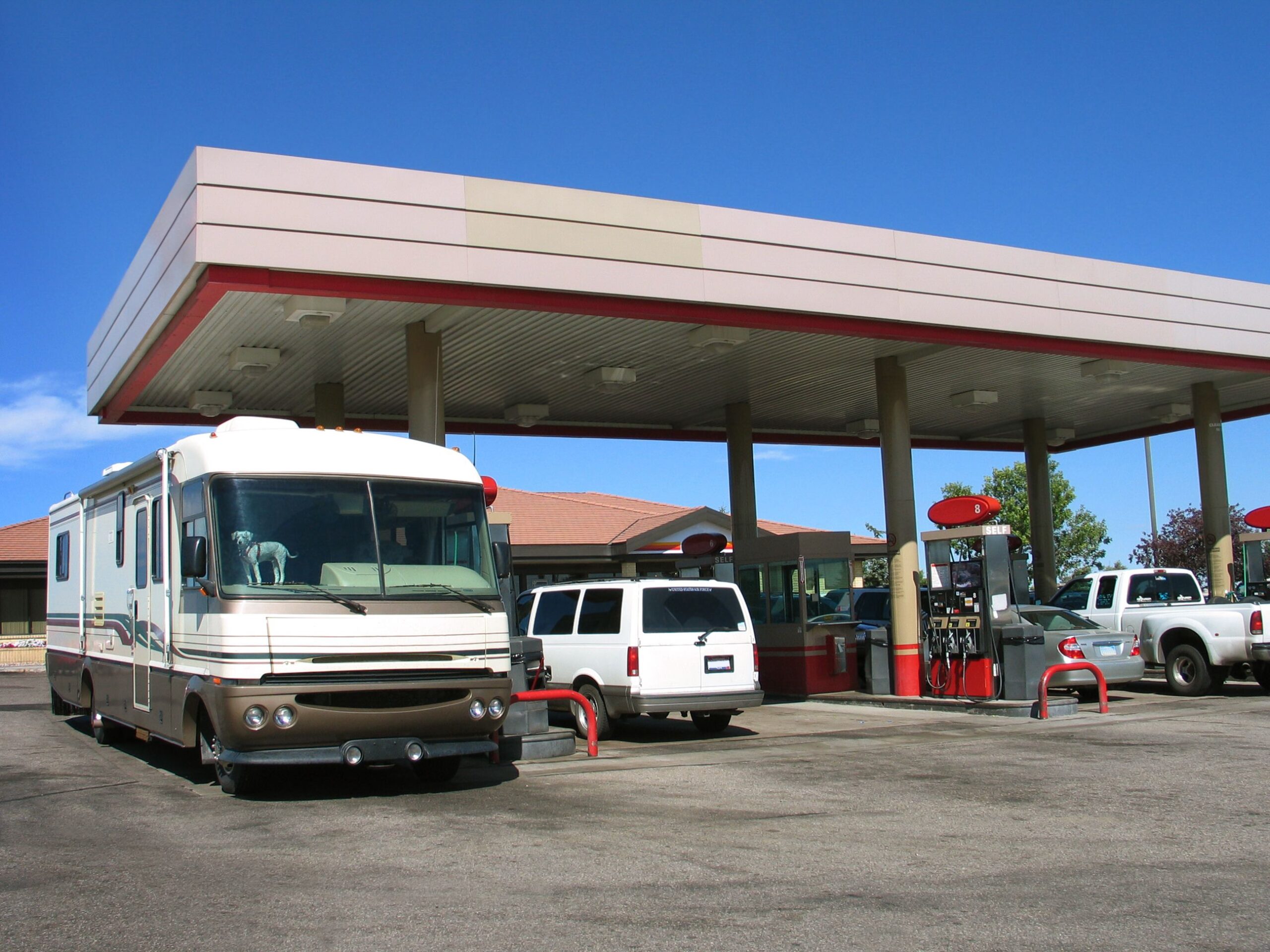
Just like cars, RVs come with two sets of expenses: the purchase price and the many other ongoing and long-term costs. “Upfront costs aside, with both motorhomes and travel trailers you will have maintenance, gas, insurance, depreciation, and various other fees,” Jon says. “And travel trailers beat motorhomes in almost every category. As a general maintenance rule, motorhomes have more things that can break. And the more decked out your motorhome is, the more that holds true. Plus, if you need to take your vehicle in for maintenance, your living quarters goes with it.”
Bigger Is Not Always Better
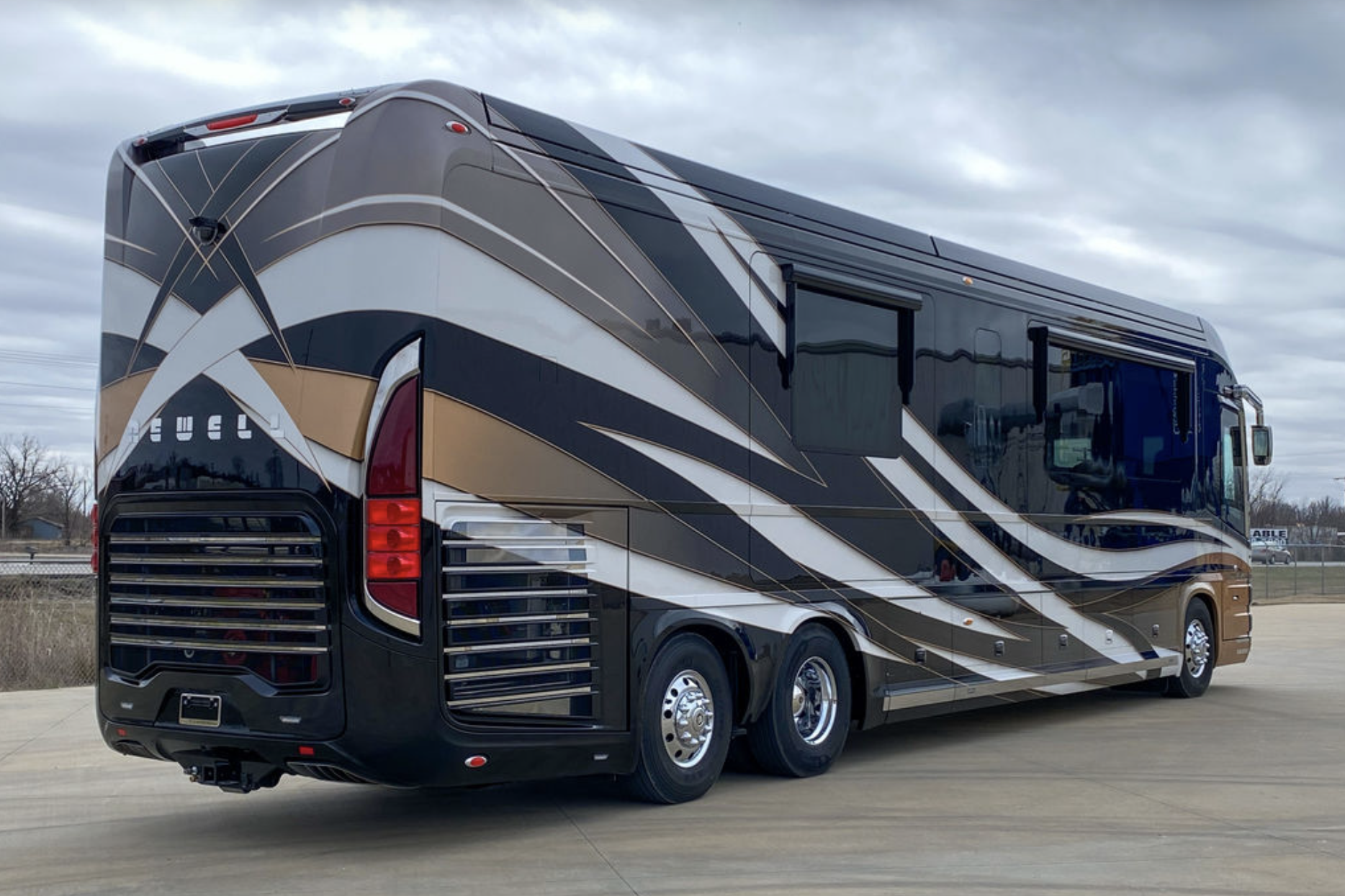
It’s natural for newbies to spring for as much RV as they can possibly afford. This is almost never a good strategy. “The bigger and more expensive your vehicle is, the higher the insurance costs will be, so expect to pay more for a motorhome than a travel trailer,” Jon says. “Depreciation should be expected with most any vehicle purchased and is often overlooked. Just keep in mind that motorhomes have odometers and the more miles clocked, the faster it typically depreciates, giving the advantage to travel trailers.”
Related: 25 Mistakes to Avoid When Buying an RV
Towables Must be Towed by Capable Vehicles
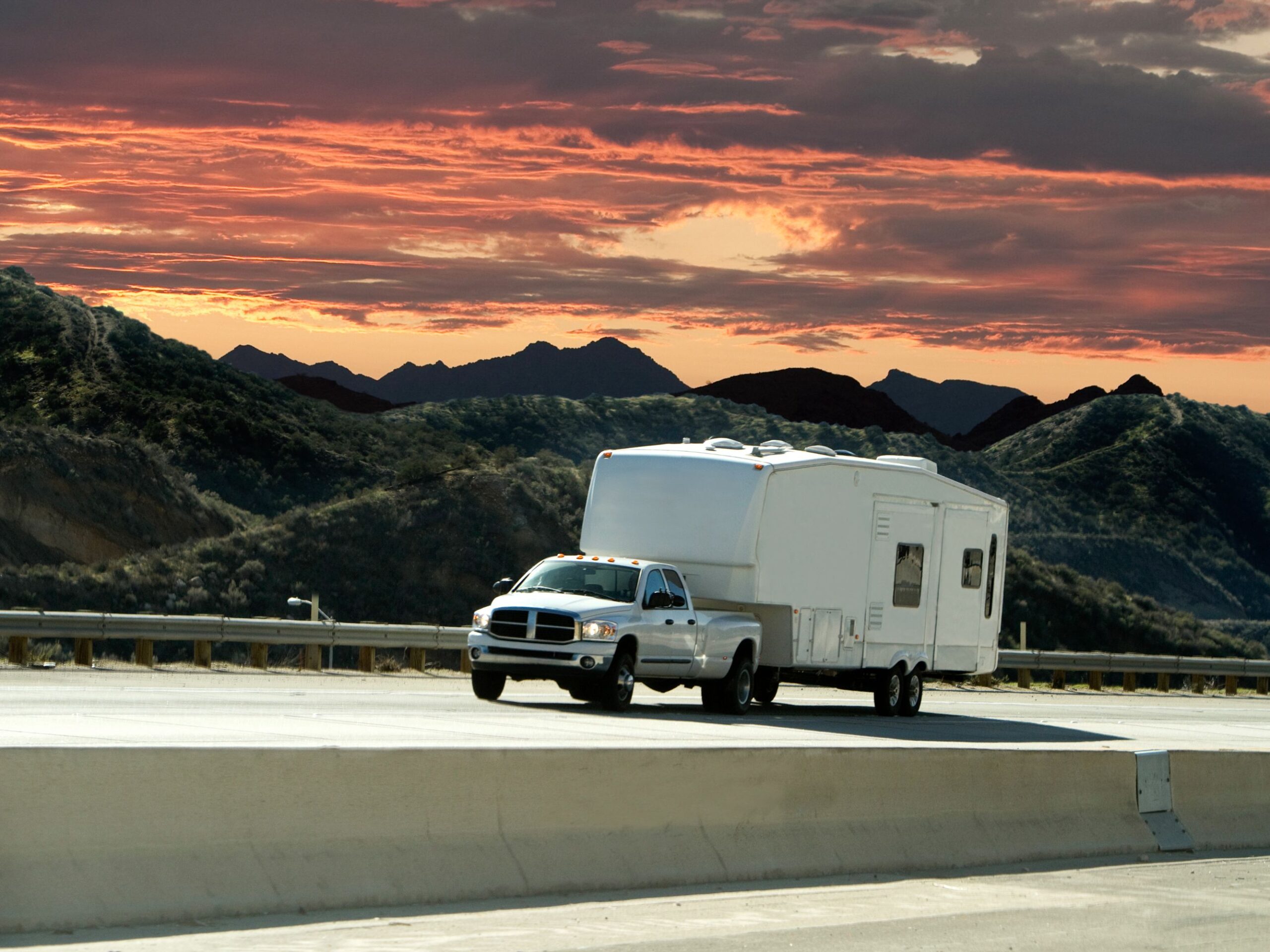
Motorhomes Are Big, Roomy, and Packed With Features
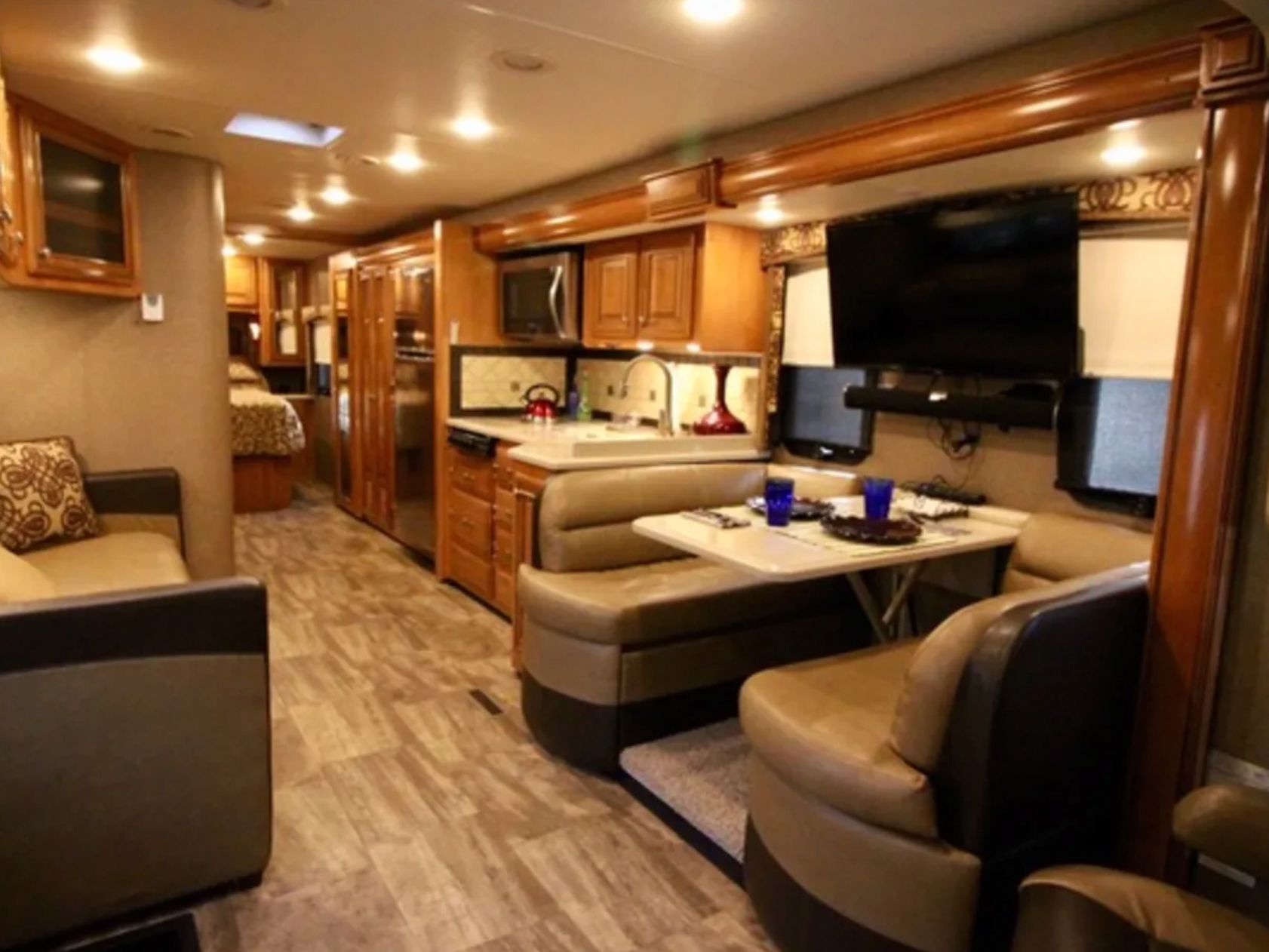
Cost aside, it’s hard not to be at least a little bit envious when you spot a family cruising in a big, hulking motorhome during your daily commute, and for good reason. They are, in a word, enviable. “Entire families can be together on long road trips,” says Keith Dix, owner of Touchdown RV in Indiana. “Motorhomes usually contain more amenities, such as a generator for power, and are usually more luxurious, with more space.”
Motorhomes Are a Complete Package
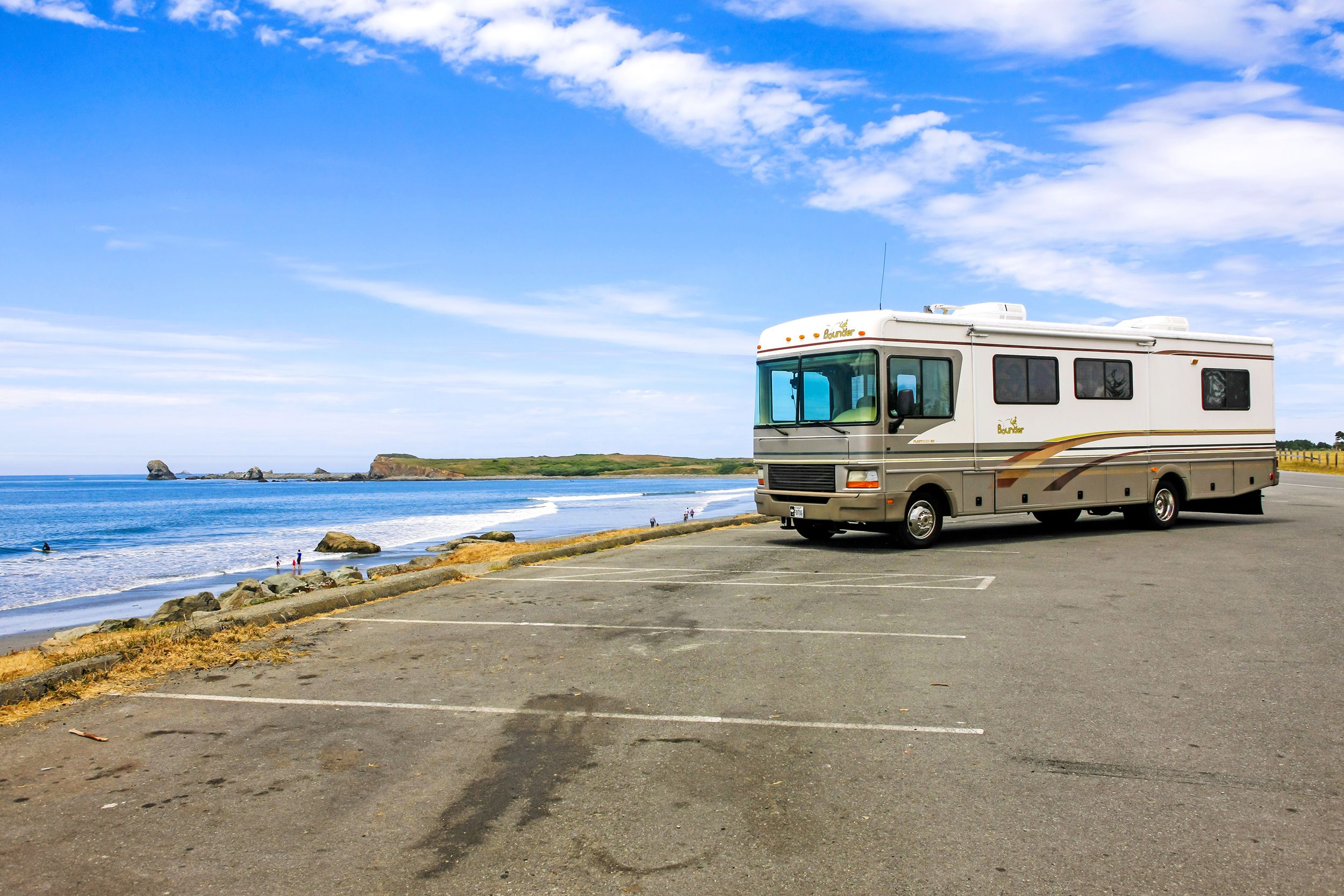
Motorhomes are a one-and-done vehicle. When you find the one that suits your needs, all that’s left to do is plan a trip. “A lot of people prefer the overall package of an RV because it’s built-in and ready to go,” says Michael Lowe, CEO of Car Passionate. “It also allows people to make use of the ‘home’ aspect of the motorhome while staying in the same space as the driver.”
The Complete Package Isn’t Always a Good Thing
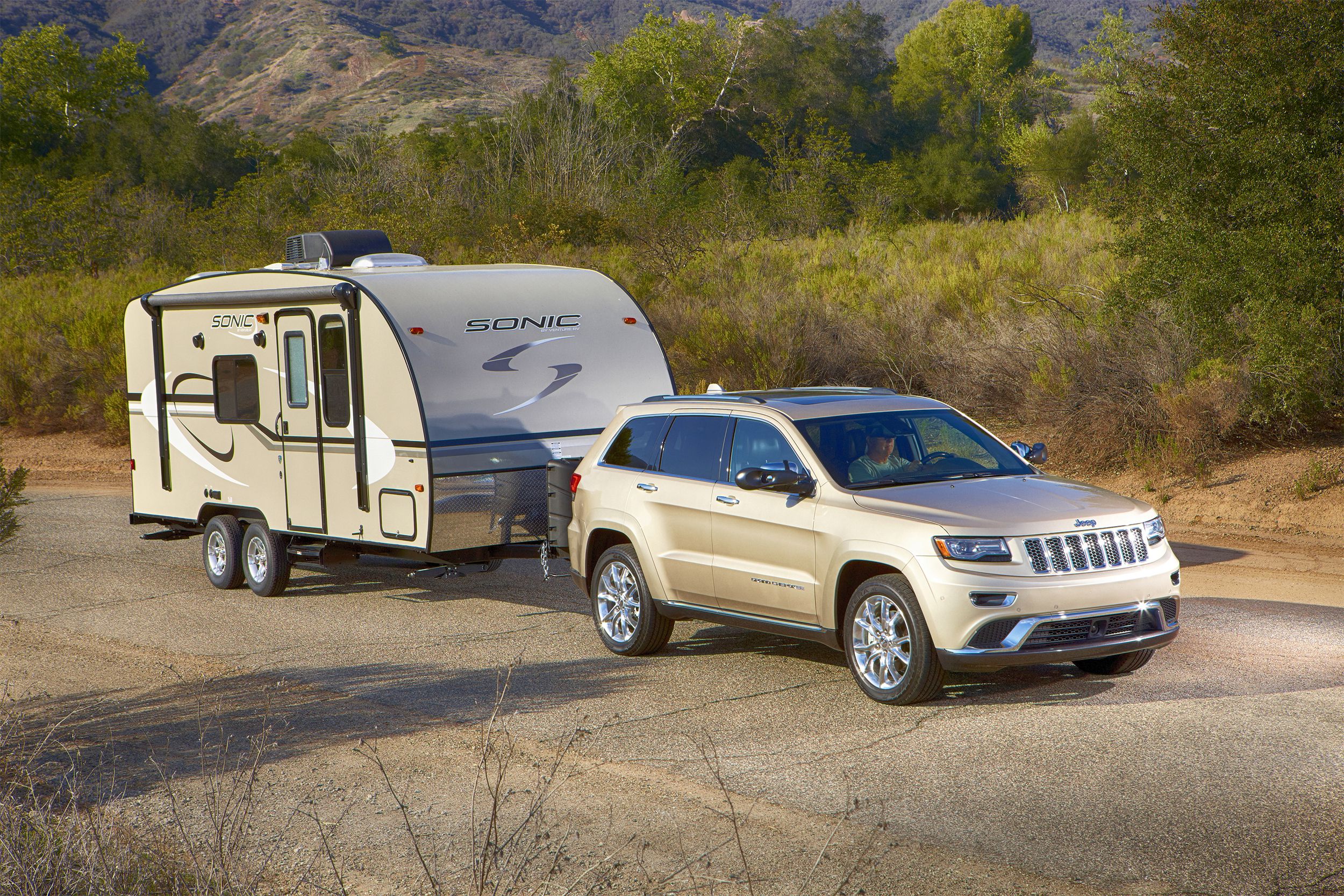
Related: Dangerous Roads You Should Never Drive in an RV
Bigger Motorhomes Come With Bigger Costs
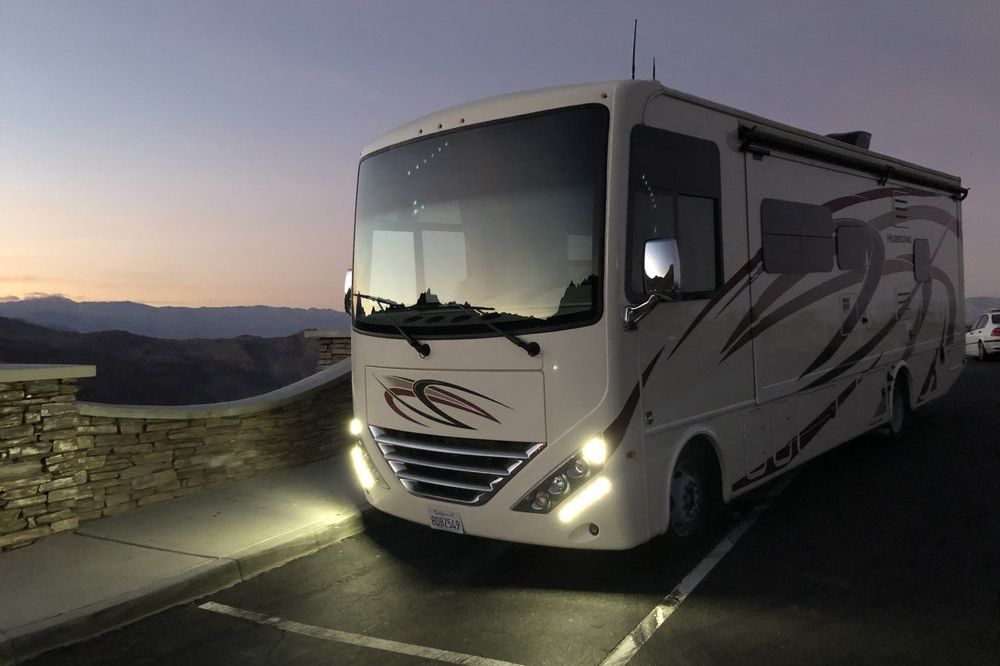
“Choosing a class A motorhome actually has more cons when it comes to insurance and gas because it is much more expensive to maintain,” says Mollie Newton, founder of Pet Me Twice, who has been living the RV lifestyle for three years. “However, the class C motorhome may be more accessible than a class A because the former is much smaller, so I suggest you can start off with that. Plus, motorhomes do give more comfort.”
Related: What It’s Really Like to Retire in an RV
Motorhomes Cost More to Insure

An RV is one more thing you’re required to insure — and your choice will have a lot to do with the premiums you’ll have to pay. “Insurance on trailers is more affordable since it’s technically not considered a motor vehicle, making RV insurance more expensive in comparison,” says Lindsey Maxwell, co-founder of Where You Make It, which covers topics such as full-time RV travel, van life, and converting vehicles.
Also, consider signing up for a roadside assistance service. AAA offers RV coverage as an add-on, and Good Sam Roadside Assistance is a favorite with many RVers.
Campers Can Be Cozier
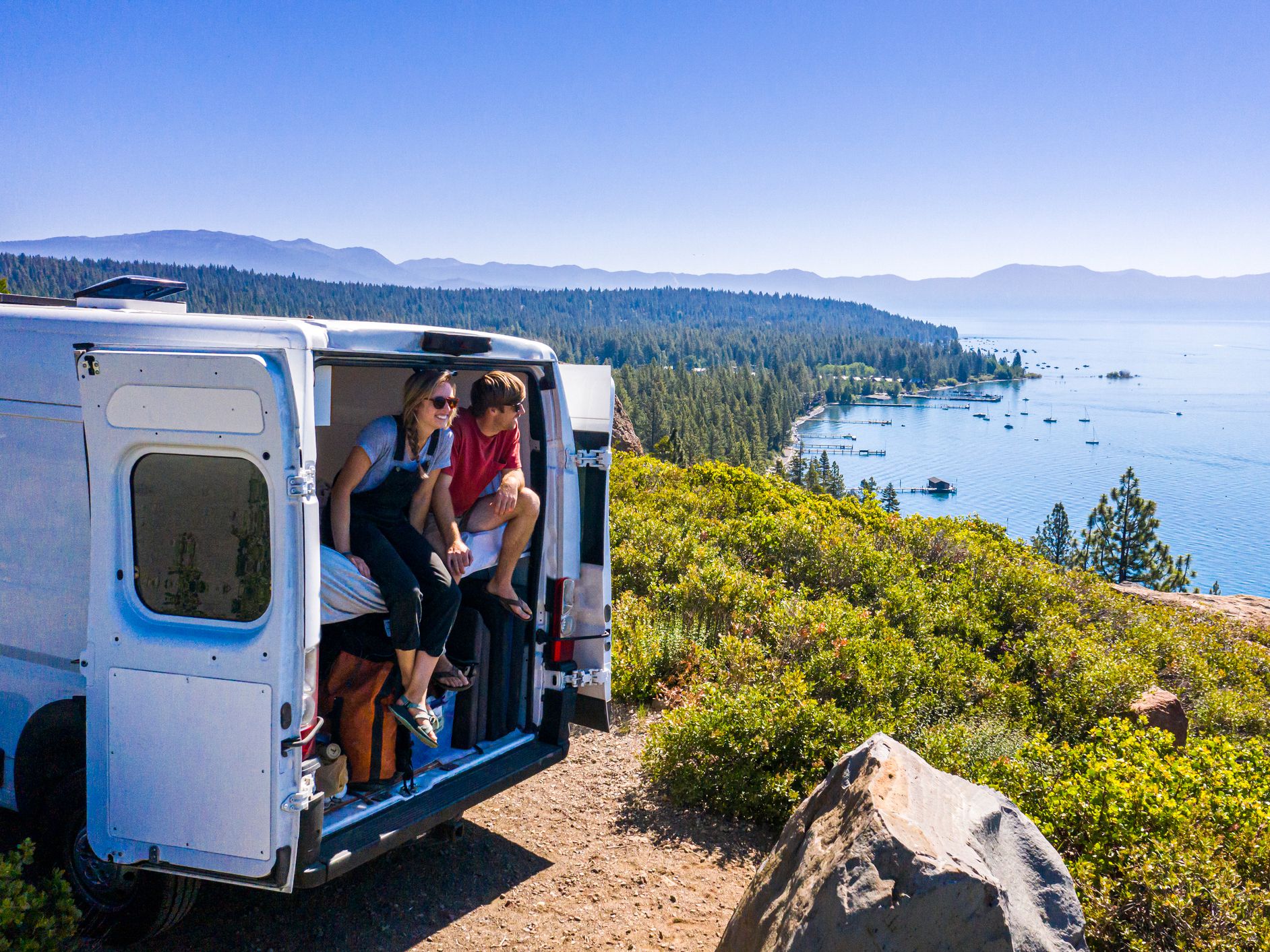
RVs are all-inclusive because the living space is one with the vehicle, but that reality can also be a drawback. “Some people may prefer campers because the space isn’t built around the vehicle,” Lowe says. “Each aspect of it is built to feel homey and isn’t restricted.”
Let Your Purpose Determine Your Purchase

Although budget realities set the buying parameters, money isn’t the only consideration. Let your RVing plans serve as your guide. “If you plan to travel with a group of more than a few people, roominess has to play a role in your decision making,” says Gigi Stetler, who created and leads the first female-owned RV company in the United States, RV Sales of Broward, and has 30 years of experience in the industry. “Class A and C RVs can be quite spacious, allowing everyone to spread out. Class B rigs aren’t much bigger than vans, so they’re more suitable for two people. The bigger travel trailers are also quite roomy, and often provide even more space than Class A and C rigs. But trailers can get cramped with more than a few bodies in there. And of course, we can’t forget to mention the bathroom. If you intend to drive for long stretches, you won’t have to worry about stopping to use the facilities with a motorhome.”
Related: 32 RV Accessories to Make Road Life More Luxurious
Keep in Mind, You Do Have to Drive the Thing
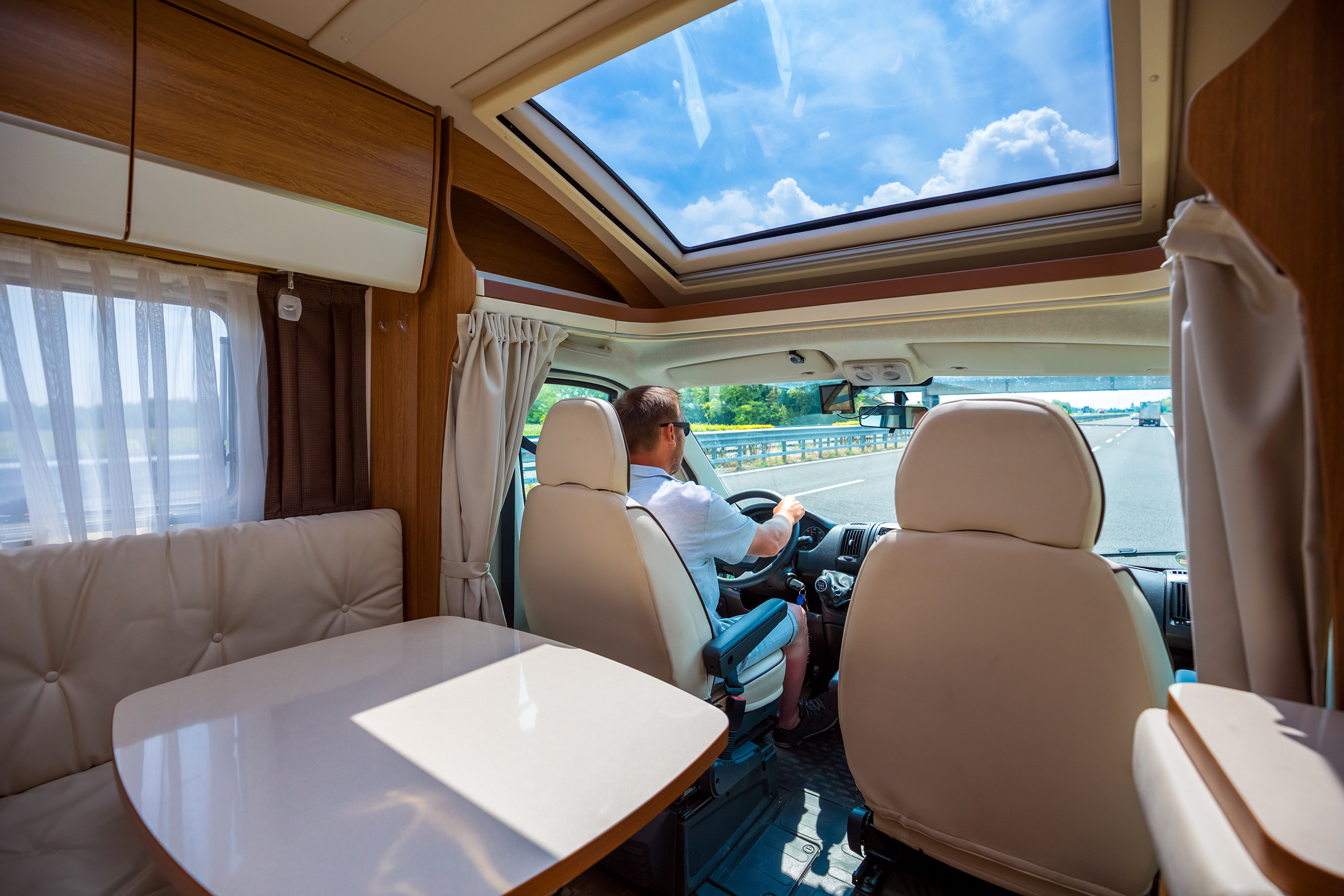
Related: You Won’t Believe These 25 RV Horror Stories
Trailers Are More Involved to Set Up and Take Down
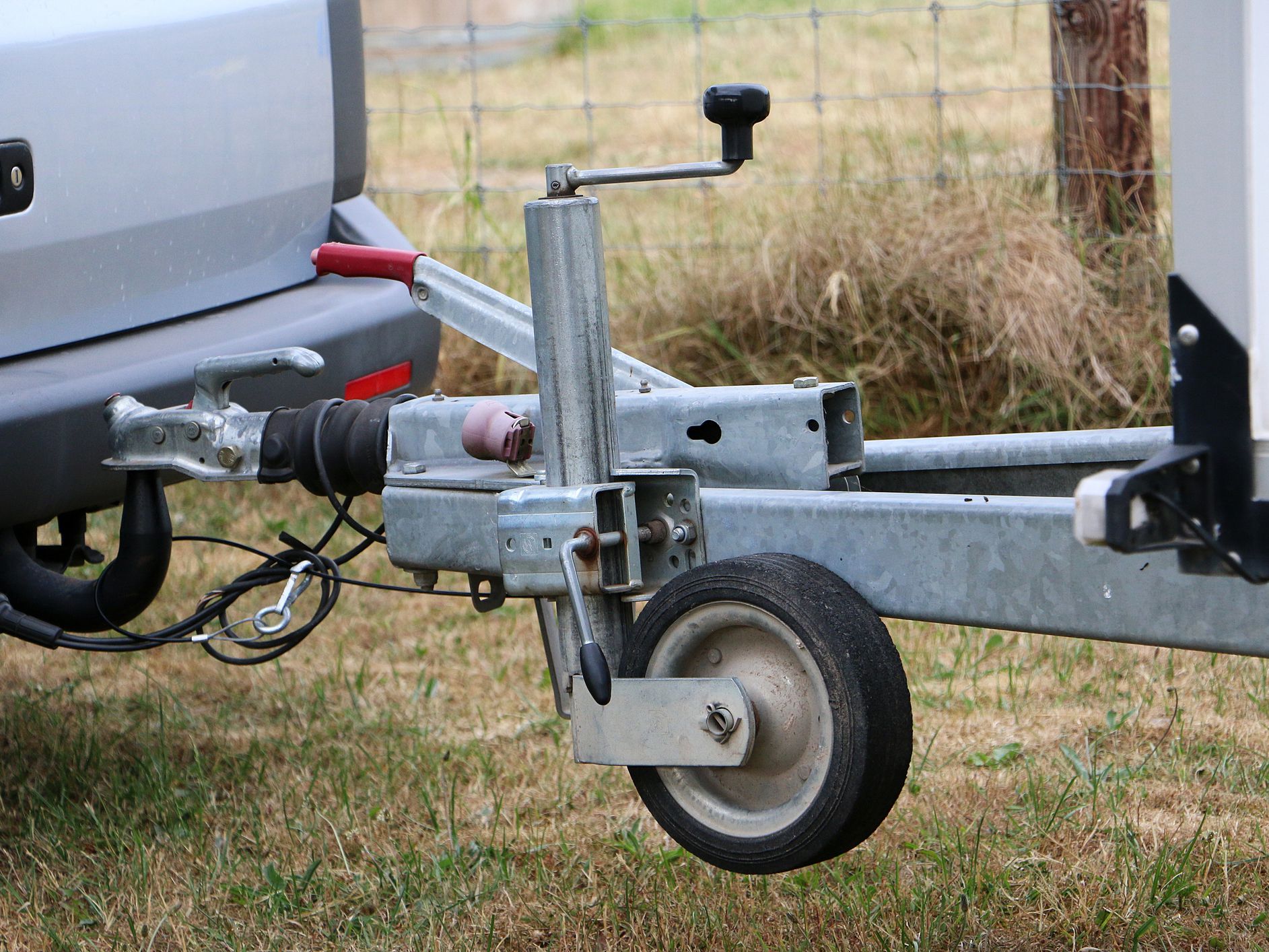
Motorhomes cost more, but they’re less involved on the front and back ends when it comes to getting on and off the road. “When you get to your destination in a motorhome, setup might just consist of hooking up the utilities and stabilizing the unit,” Stetler says. “The same applies to a trailer, with one big added step: unhitching, which can be a lengthy process. And as for teardown, again, with a motorhome this is usually pretty quick, but it will take some time with a trailer.”
Buying Used Can Make a Lot of Sense

Related: Where to Buy an RV Across America
If You Do Buy Used, Be Thorough
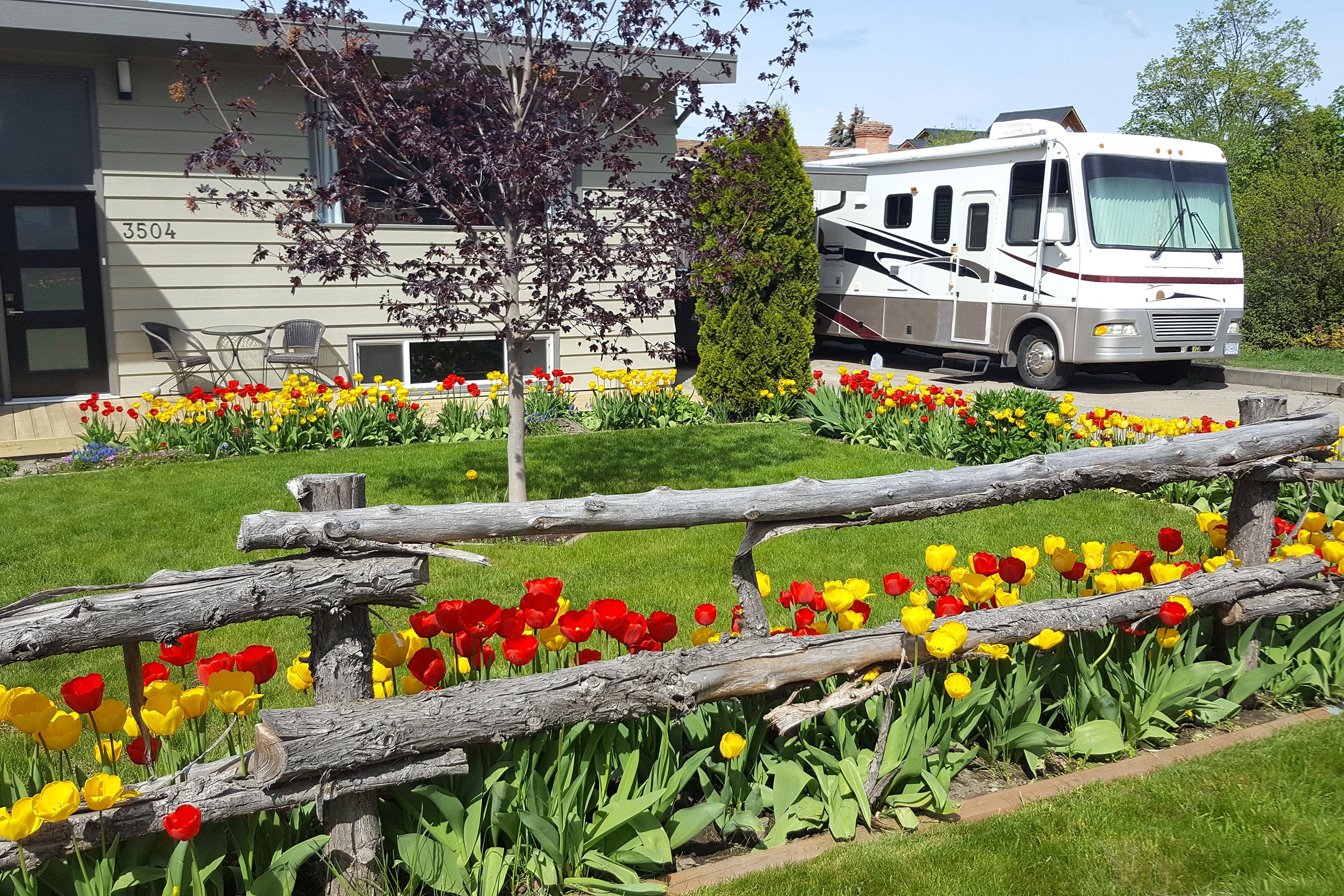
Related: Thinking About Buying an RV? Read This First
Consider Renting at First
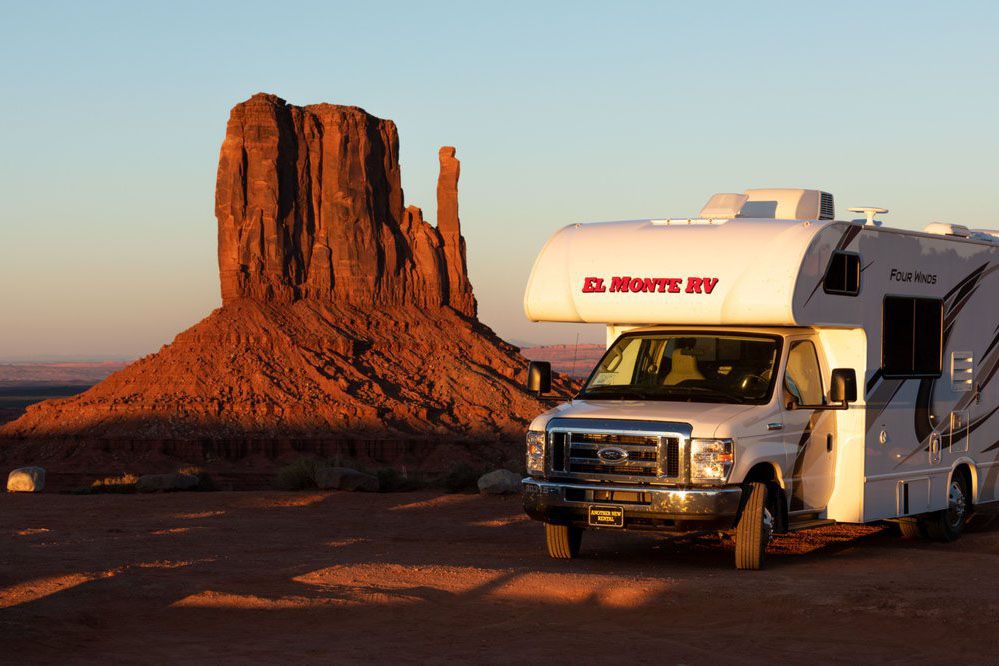
Related: Renting an RV? These Are the Features You’ll Want
Camper Vans Can Be a Happy Medium
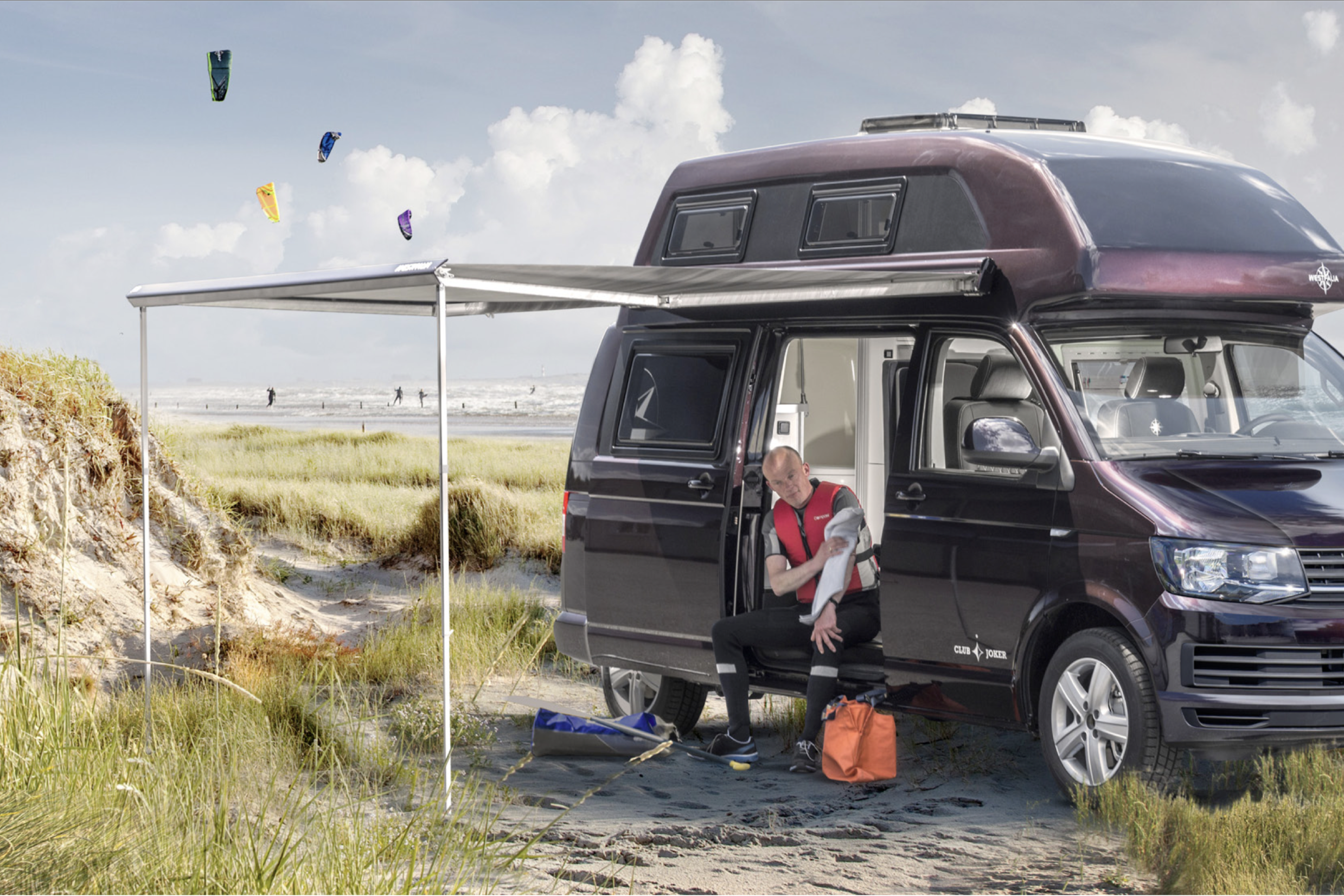
Camper Vans Offer Greater Access
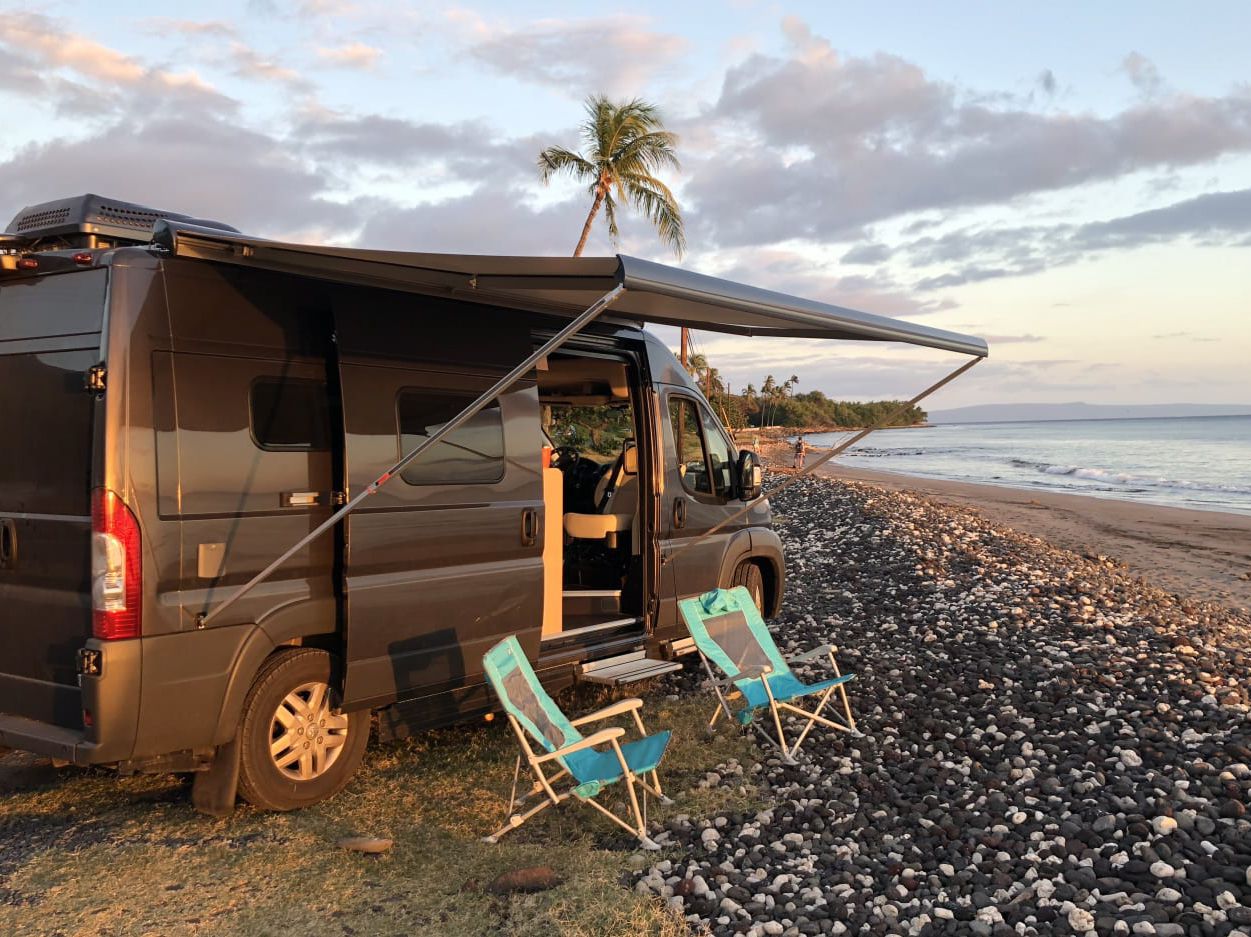
Related: 50 Budget-Friendly RV Campgrounds to Check Out
Cash-Strapped DIYers Should Consider Camper Van Conversion
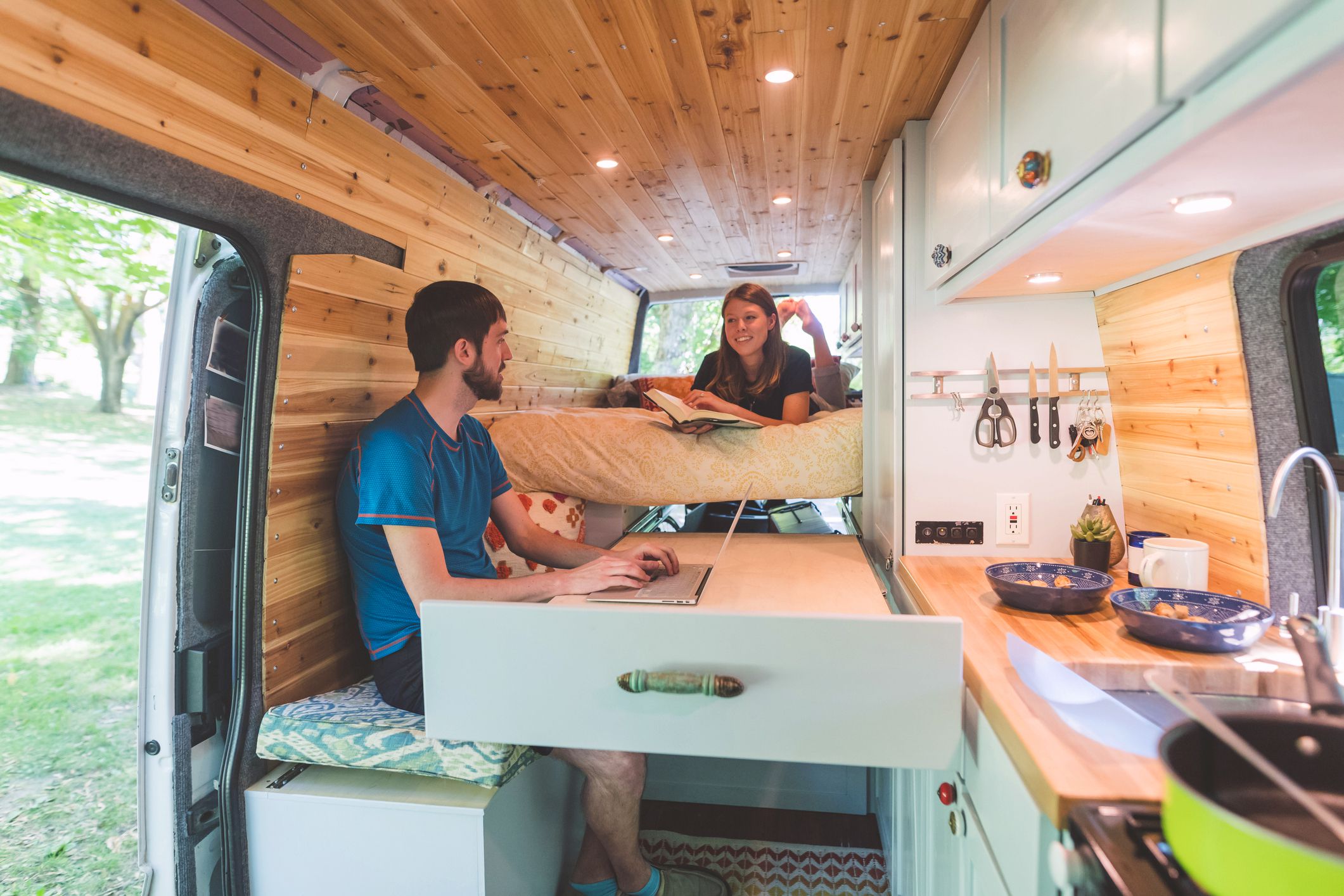
Diederichs self-converted two camper vans on two very different budgets, proving that it’s possible for just about anyone to live the lifestyle — depending on what they’re willing to sacrifice and what they can’t go without. “The first camper van my husband and I converted cost less than $3,000 in total for the vehicle and the build,” Diederichs says. “In exchange for the low budget, we had to give up some luxuries — like having a toilet. The second camper van we converted was done on a much higher budget, so we were able to install solar panels, a fancy kitchen, and a composting toilet.”
Related: DIY RVs and Vans You Have to See to Believe
What to Know When Converting
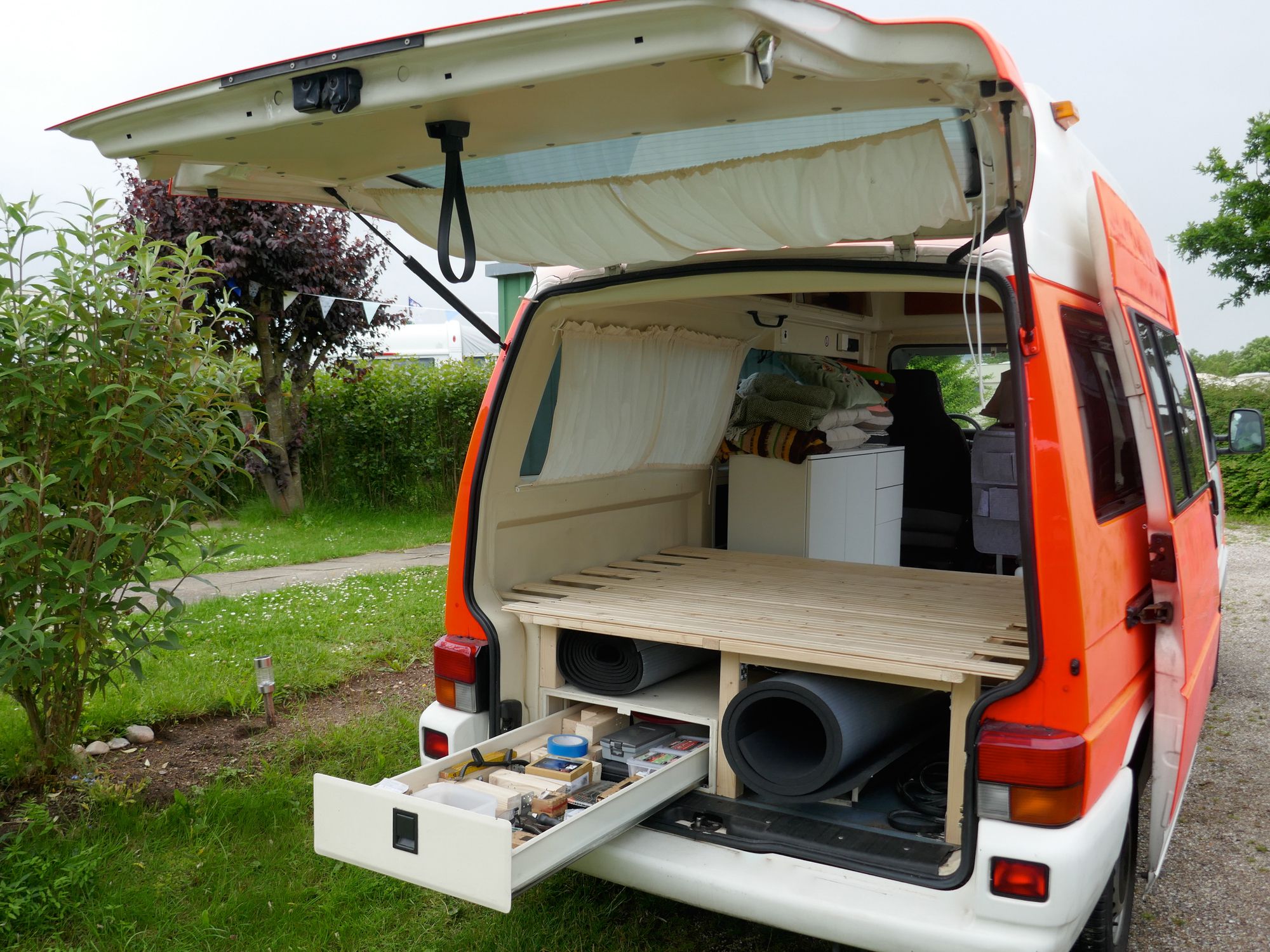
- Give yourself enough time. If you’re in a rush, it will be harder to find the best deals on individual items.
- Do as much of the build yourself as you can. Like just about anything else in life, DIY-ing it will save you lots of money in the end. There are lots of YouTube videos and step-by-step tutorials out there to help you along the way.
- Shop for some items at secondhand stores or on sites such as Facebook Marketplace or Craigslist. Diederichs’ first build was made with many thrift items, saving lots of money.
Don’t Forget to Calculate Storage Fees
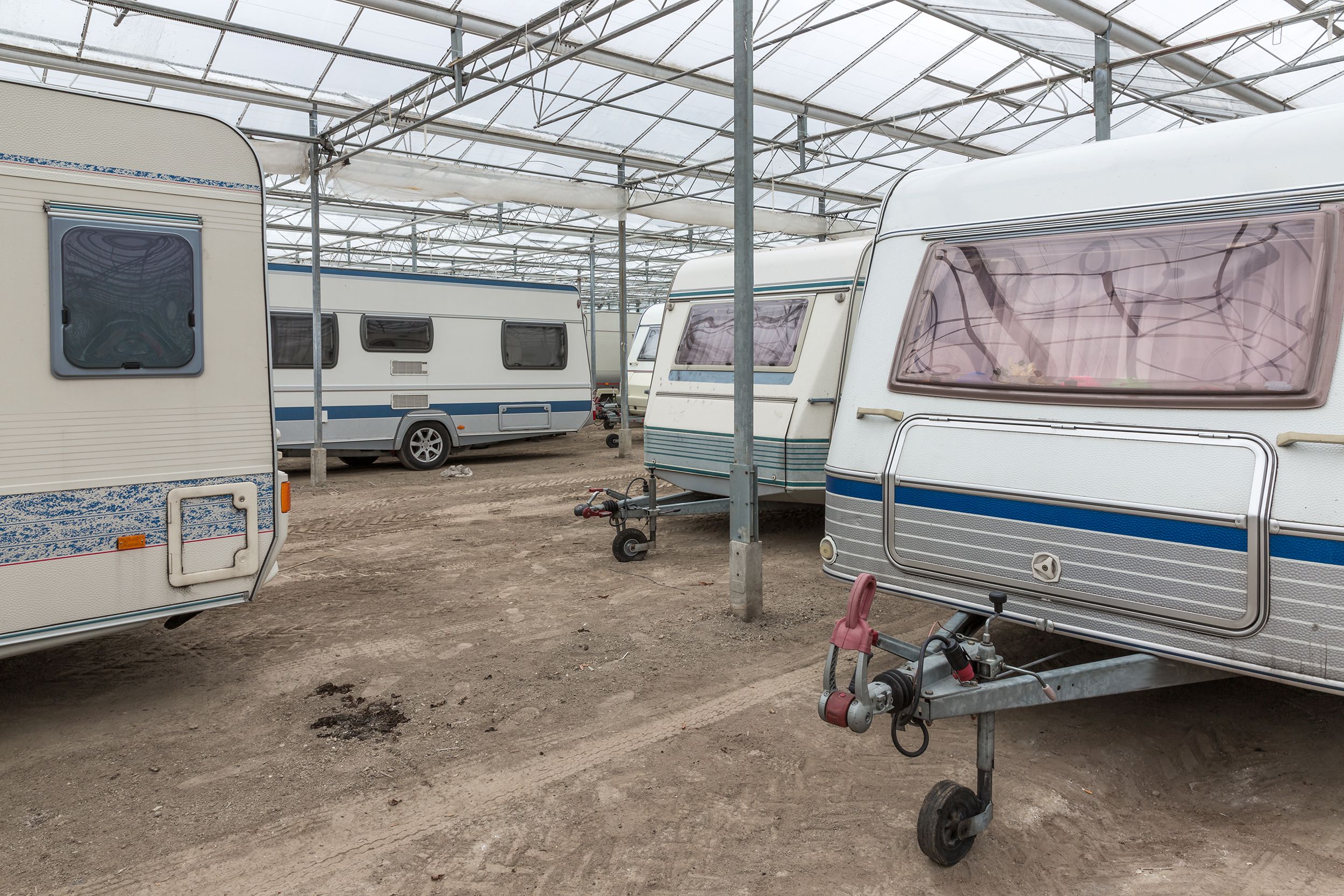
If you don’t have space on your property to store your RV when it’s not in use, you’ll have to pay to have it stored at a secure facility, which can cost hundreds of dollars per month. “When choosing between a motorhome and a camper/trailer, keep in mind the cost of storage,” says Diana Hansen, an RV and camping expert and founder of Let’s Camp S’more. “Storage fees are calculated by the size of the vehicle. A small camper, such as a pop-up, can be stored in your garage at home, saving you a lot of money.”
Check out Good Sam’s new RV Storage Network for a select list of nationwide sites. Good Sam Club members get discounts and perks at many facilities.
No Matter Your Choice, Expect Surprises
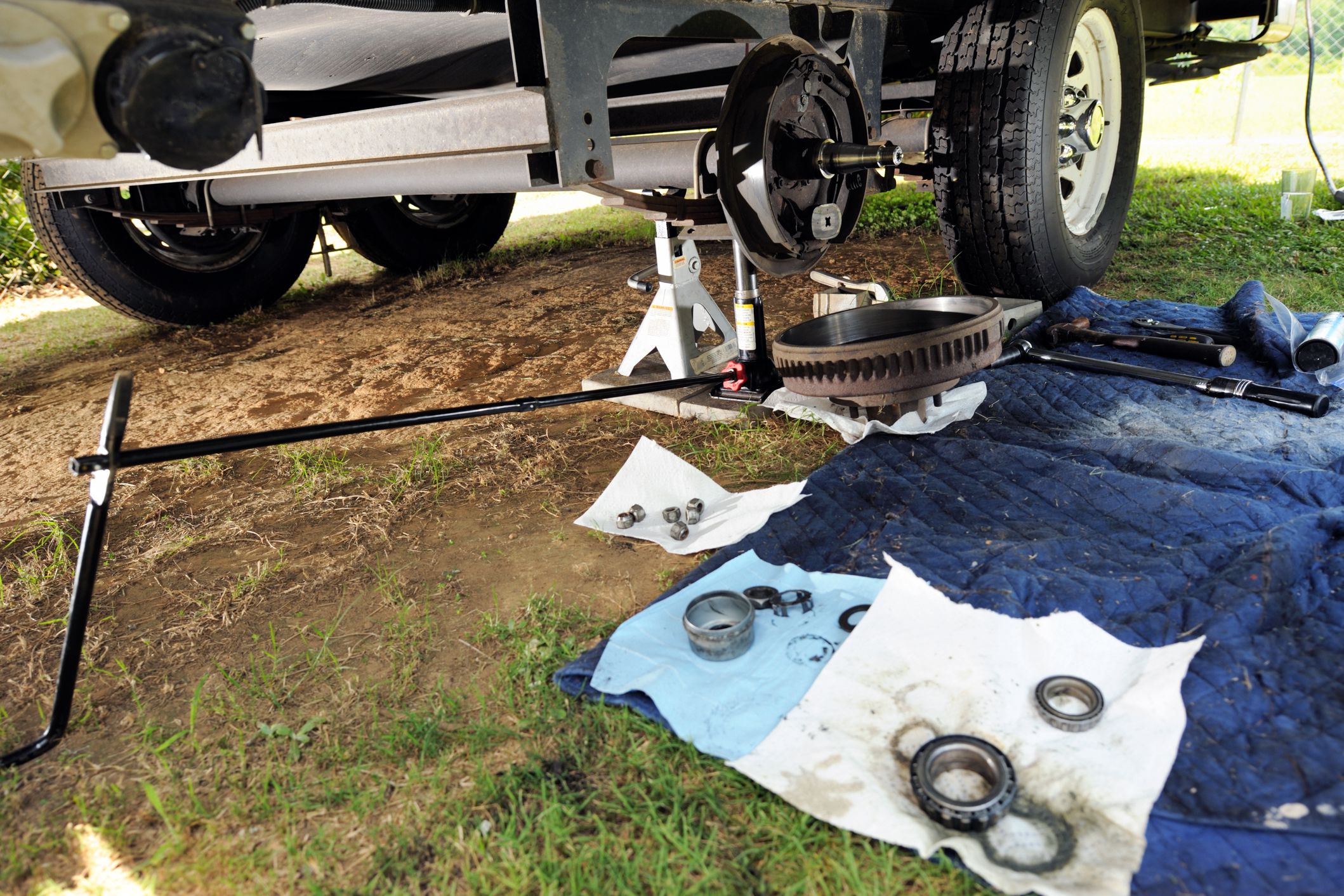
Related: Peek Inside a Luxury Tour Bus That Carries Celebrities and Rock Stars
Any RV Can Become a Source of Passive Income
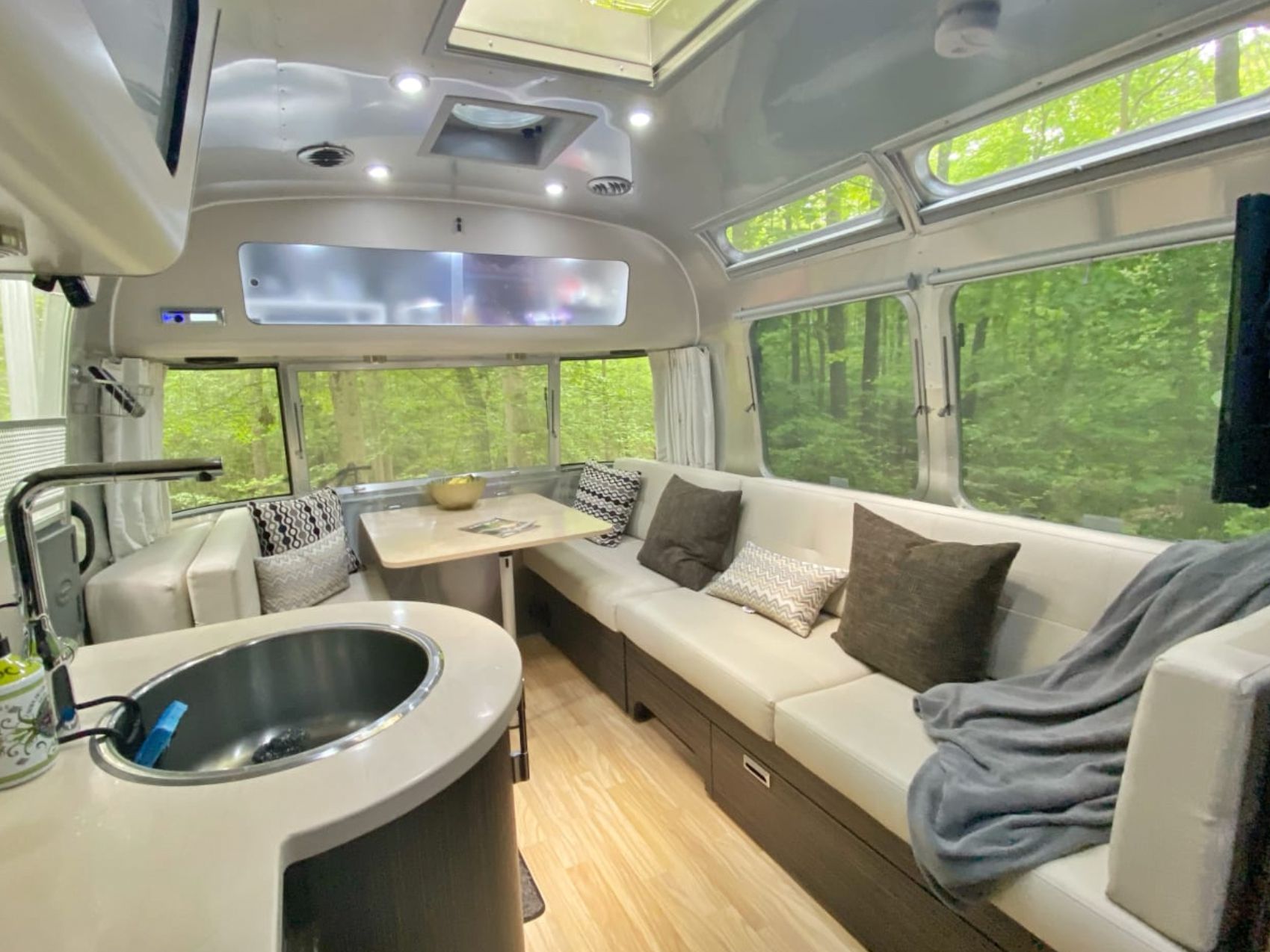
One of the big upsides of owning an RV — no matter the type or style — is that it can bring in a steady stream of labor-free income. “Most families only use their motorhomes or camper/trailers on average eight weeks per year,” Dix says. “That leaves approximately 10 months each year of your vehicle sitting. I recommend renting out your RV. Renting your motorhome or camper/trailer will be a source of income for your next vacation.” Sites such as RVShare and its competitors allow owners to rent their campers and RVs directly to vacationers who don’t have one of their own.
